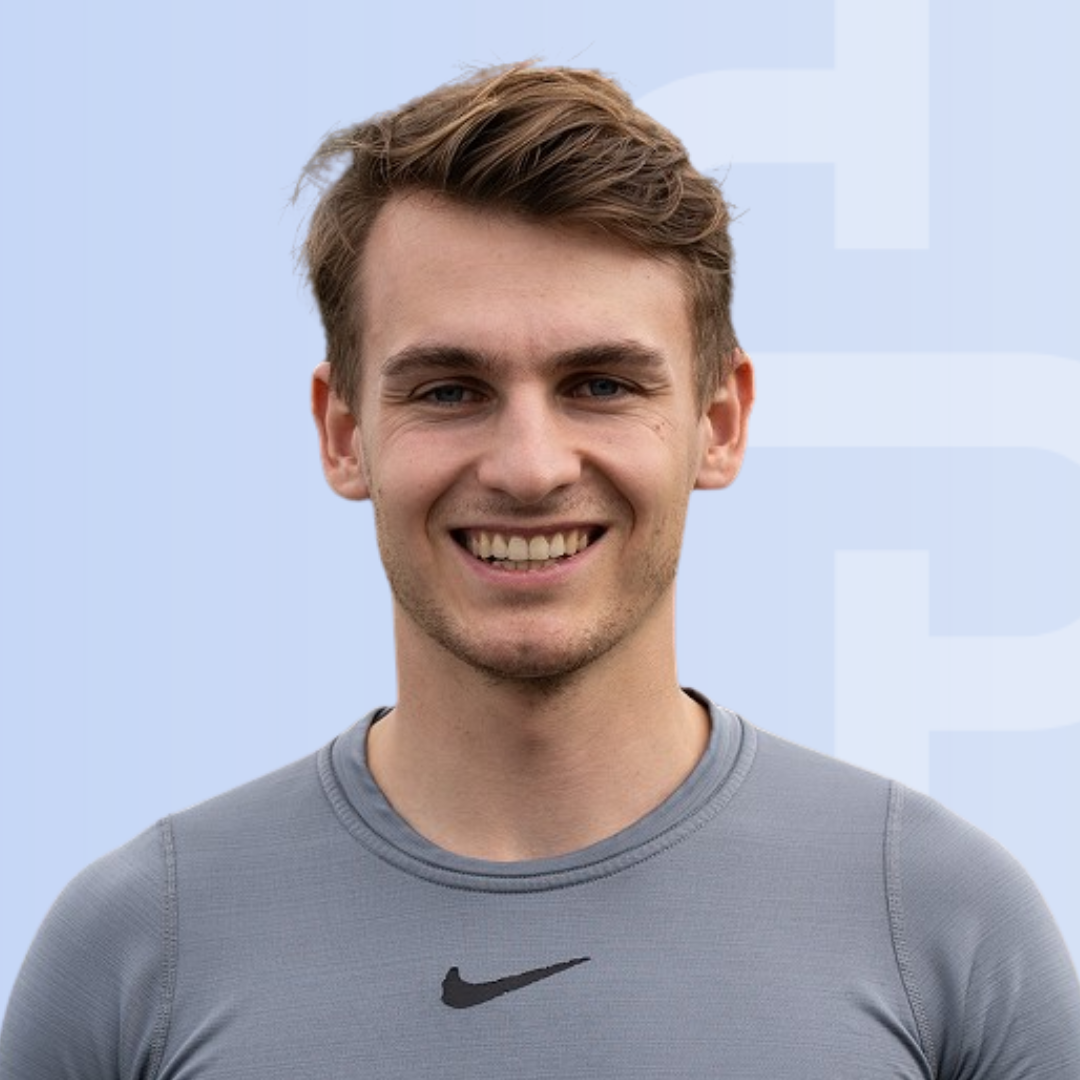Swisspreneur podcast
episode
Episode description:
Philippe Sahli is the Co-Founder and former CEO of Yokoy, the Swiss-built platform that automated spending management for mid-to-large enterprises using AI (acquired by Perk). In this episode, he shares how his path through corporate life and as CFO at Beekeeper shaped his founder instincts, his Switzerland-first network advantage, and the ambition to build “expenses on autopilot” into a global category leader.
Philippe shares how Yokoy found early product pull (customers referring customers) and what real product-market-fit signals looked like before scaling, raising an 80M Series B led by Sequoia, and navigating the “go big or go home” reality that comes with hypergrowth.
Philippe also opens up about the role of naivety as a superpower in entrepreneurship, the culture risk of losing sense of urgency and stop pushing after big funding, and what it feels like to shift from being CEO to becoming Chief Spend Officer inside a much larger organization.
The cover portrait was edited bywww.smartportrait.io.
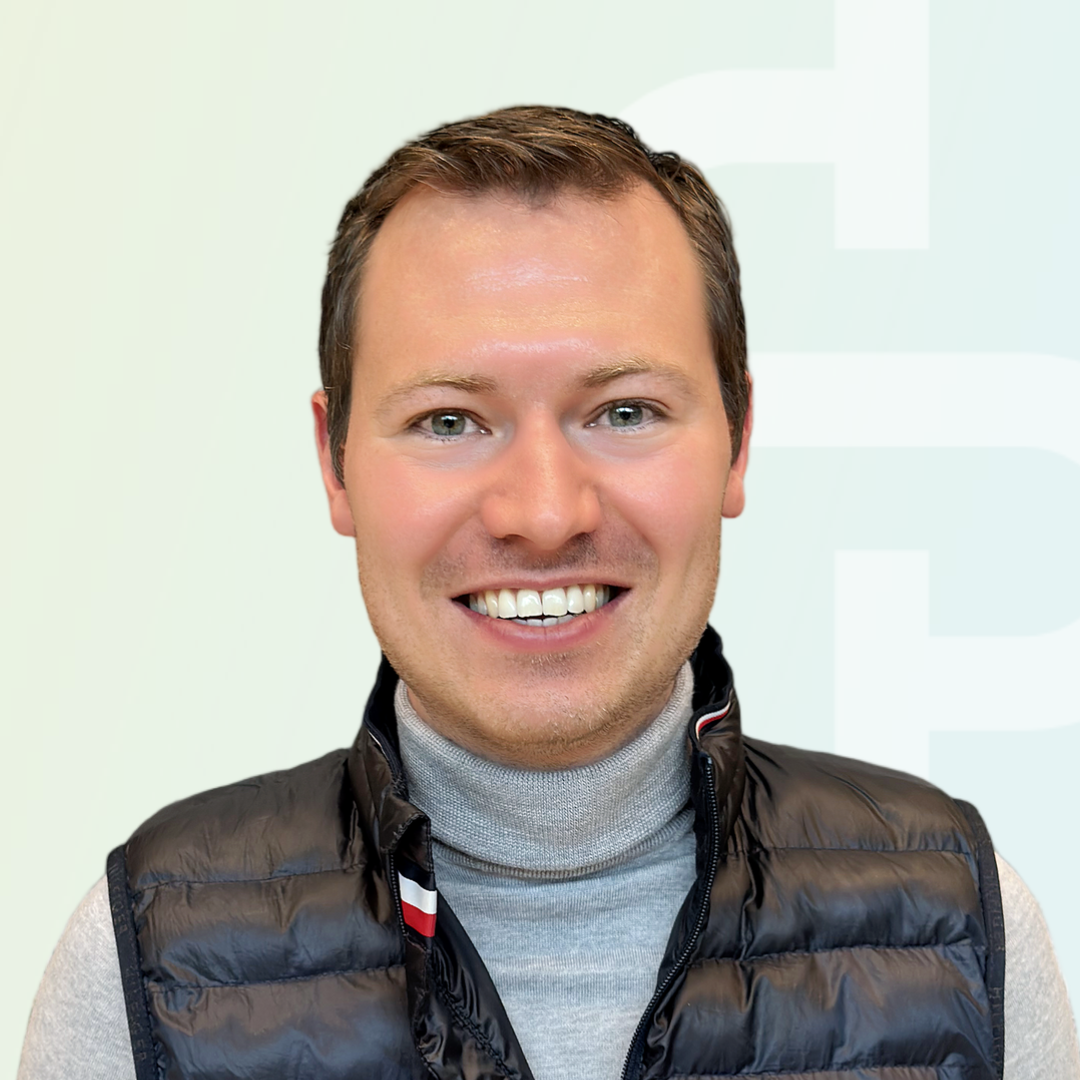
From 80M Sequoia Round to Exit: Yokoy Co-Founder Philippe Sahli (#547)
This episode was co-produced withSwiss Startup Days, the leading Swiss deep-tech catalyst event for startups, investors, enablers, and corporates.Checkout Newcomers - the ultimate pitching format for pre-seed and seed startups in Switzerland. Applications open in December 2025.
Episode Summary:
In this Febuary Swisspreneur Briefing, we go live with Sophie Lamparter (Founder & Managing Partner at VitaminºC) and Laurent Decrue (Co-Founder & Co-CEO of Holycode) to break down what’s moving and shaking in the Swiss startup ecosystem in the last month - from funding and liquidity to what founders should read between the headlines.
This episode dives into three founder-relevant themes. First, the Swiss Venture Capital Report: funding is stabilising: but is CHF 2.95B remotely enough if we want global relevance? Second, AI’s real impact on startups: cheaper building, higher expectations, longer bootstrapping, and bigger later rounds. Third, structural competitiveness: why capital, speed, and investor density matter more than celebratory rankings — and why Switzerland still struggles to fund late-stage ambition.
We also go deeper into the nuances: the tension between hype cycle and fundamental shift in AI, why SaaS public market corrections signal changing assumptions - not collapse - and what a “Startup AG” could mean for Switzerland. From pension funds allocating to venture, taxation misalignment, to why the Delaware C-Corp still beats the AG in ease of setup, this conversation is less about criticism and more about unrealised potential. The takeaway: Switzerland doesn’t lack talent or capital - it lacks structural urgency.
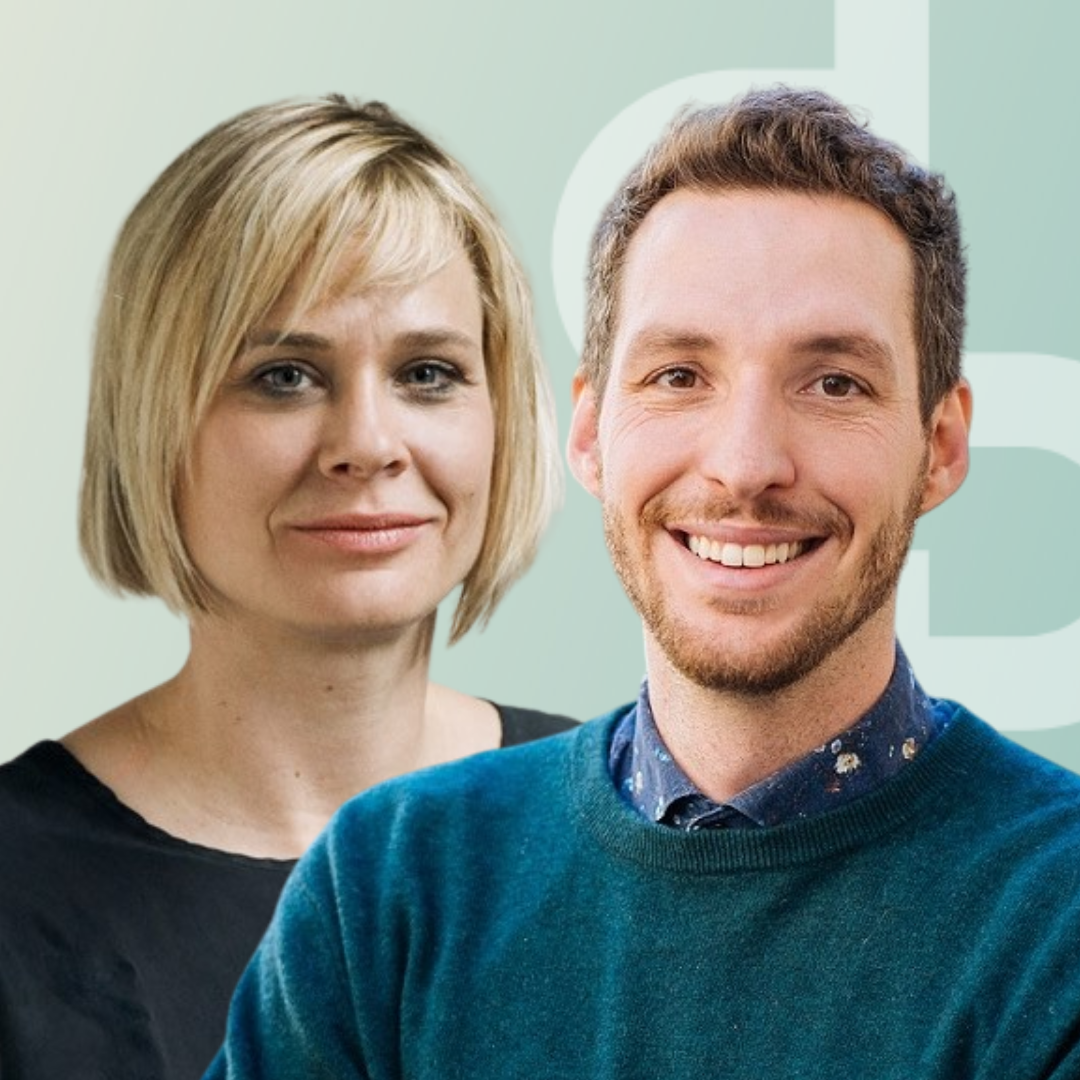
Does Switzerland need it’s own Startup AG?: Laurent Decrue & Sophie Lamparter (EP #545)
Episode Description:
Stefan Wittwer is the founder and CEO of Infinity.swiss, an AI-first Swiss accounting product built to make bookkeeping radically simpler for founders and small businesses. Starting out as a teenage freelancer across design, web, and early software work, Stefan carried a strong design mindset into industries that rarely prioritize it, eventually moving from client work into building products full-time. He holds a Bachelors in Economics from University of Zurich.
Stefan goes deep into product and UX obsession as a competitive advantage, including how Infinity differentiated in a crowded market by user-testing accounting tools with real tasks and designing workflows that hide complexity. He also talks about how to build in hard, regulated markets, where shipping “fast” still requires foundations, compliance, security architecture, and the discipline to sequence big bets. He also opens up about how to prioritize product decisions without becoming feature-chaos, from translating “feature requests” into underlying needs, to using a structured triage process and keeping sales aligned with what the product truly does - even if that makes selling harder in the short term.
Beyond the tactics, Stefan reflects on being a 24-year-old founder in a traditional industry and the extra work required to earn trust, while also seeing youth as an advantage because you’re “not blinded” by legacy assumptions. He offers a sharp take on “AI button hype” vs. real AI transformation, arguing that true AI products rethink workflows from the ground up - shifting humans into reviewers instead of operators. He then opens up about his operating philosophy: staying a “maker” (still writing code and pushing pixels), building a company that’s sustainable and profitable over time, and using the GTD (Getting Things Done) Framework to avoid burnout by keeping mental RAM clear through a trusted system.
The cover portrait was edited bywww.smartportrait.io.
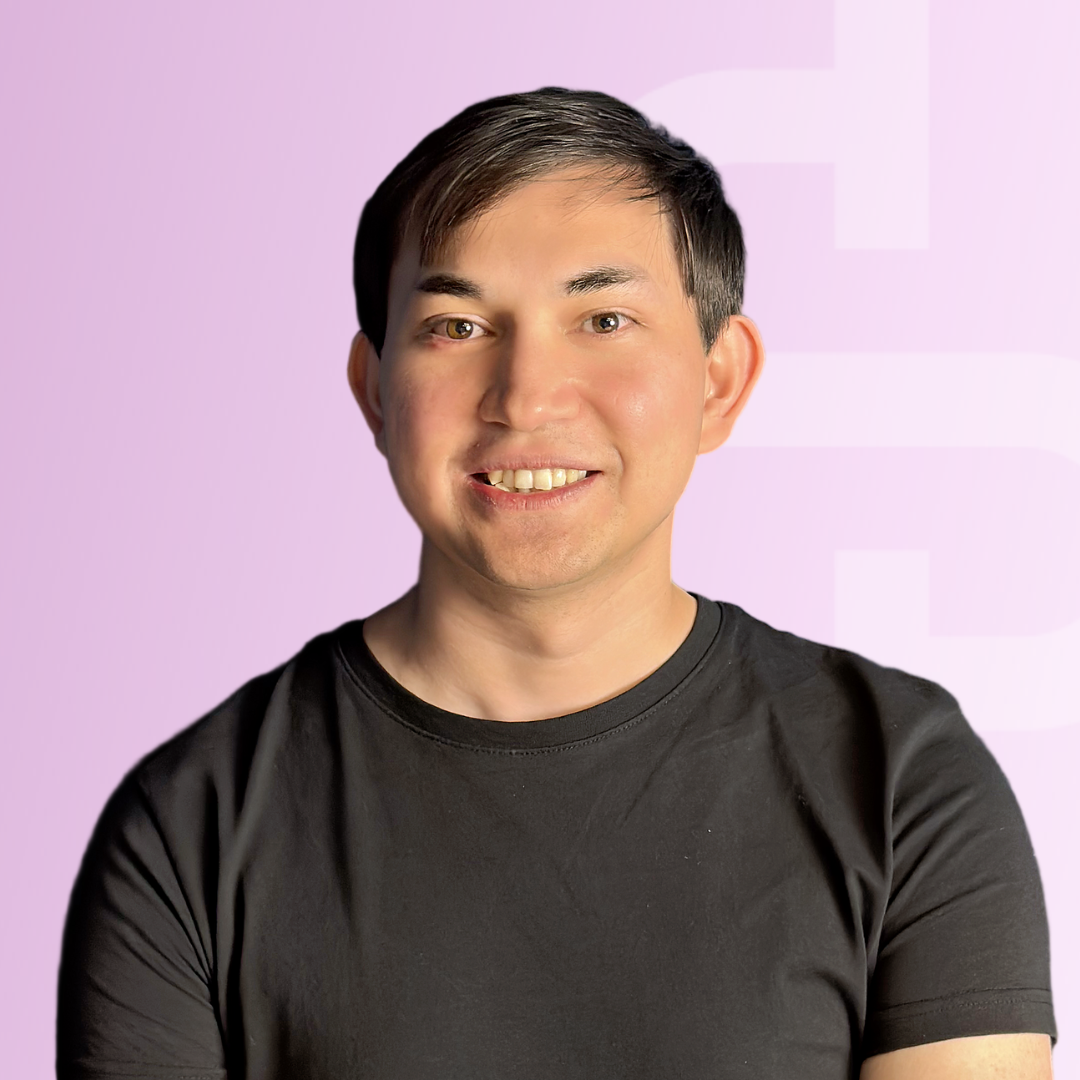
EP #544 -Stefan Wittwer: Product Obsession and Why Most AI Products Feel Useless
Episode Description
Mershad Javan is the Head of Europe for GoDigital and Founder of Octiive (acquired by GoDigital), a global music distribution and promotion platform that empowers independent artists to publish and monetize their work worldwide. Originally from California, Mershad started his journey as a touring musician, eventually transitioning into the business side of the music industry before founding MondoTunes - the company he would later sell, buy back, rebuild, and sell again. He holds an Executive MBA in International Business from California State University.
In this episode, Mershad shares the full story behind growing MondoTunes, navigating industry gatekeepers, exiting to a large media group, and later reclaiming the company when it stagnated under corporate ownership. He reflects on the operational mistakes, investor misalignments, and cap table chaos that eventually led to the company going bust - and how he rebuilt momentum with a second acquisition under Octiive. We also discuss how independent artists are underserved, what it takes to scale in the U.S. vs. Europe, and why Switzerland turned out to be a surprisingly strategic HQ for the next chapter.
On a more personal level, Mershad talks about his move from Los Angeles to Switzerland, adjusting to a new culture, and what he loves (and still struggles with) about life here. He also reflects on the emotional shift from being a songwriter to becoming an entrepreneur - and why, after everything, he believes bootstrapping is often smarter than raising capital.
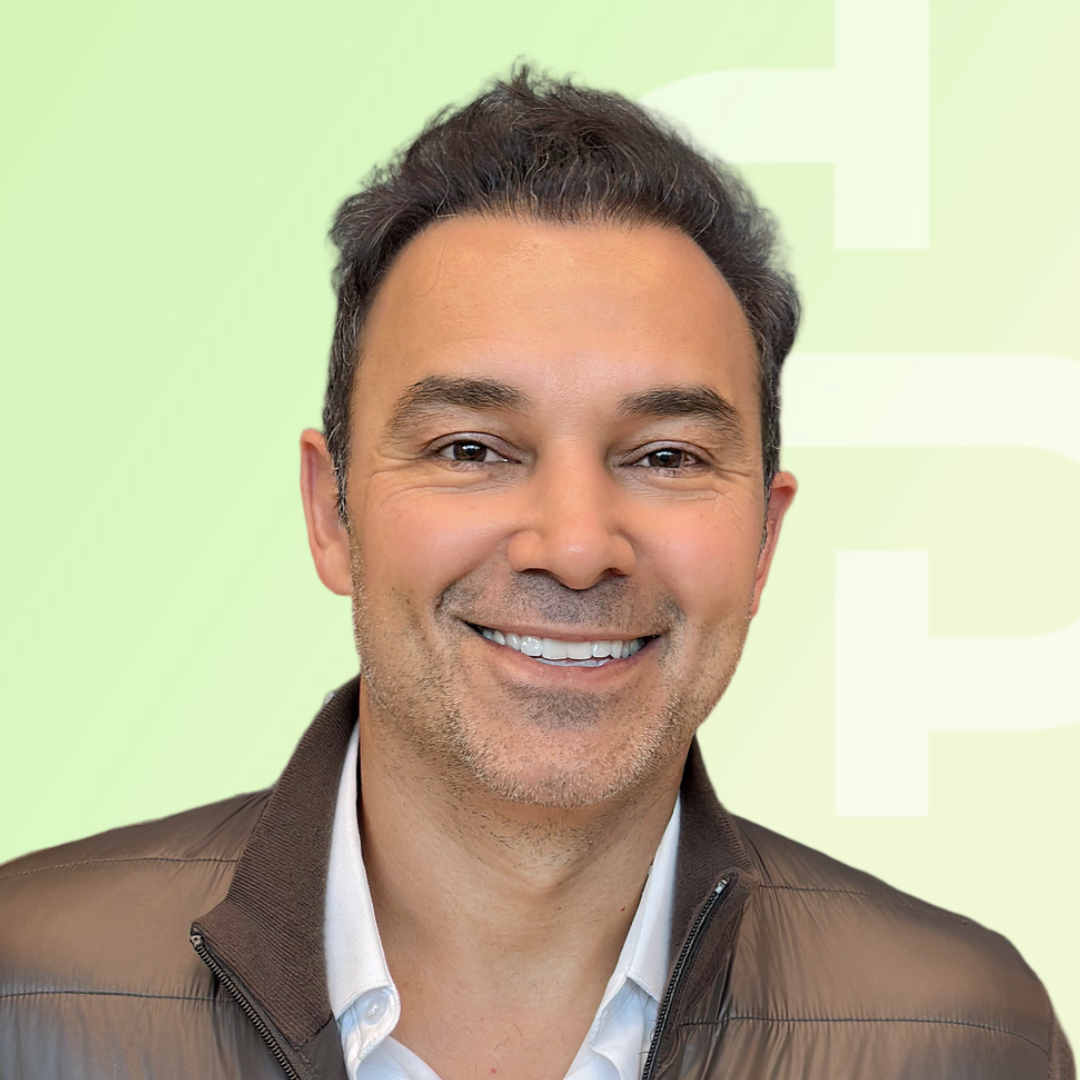
EP #543 - Mershad Jervan: From Musician to Maker - Building and Rebuilding a Global Music Startup
This episode was co-produced with Swiss Startup Days, the leading Swiss deep-tech catalyst event for startups, investors, enablers, and corporates.Checkout Newcomers - the ultimate pitching format for pre-seed and seed startups in Switzerland. Applications open in December 2025.
Episode description:
In this first Swisspreneur Briefing, we go live with Sophie Lamparter (Founder & Managing Partner at VitaminºC) and Laurent Decrue (Co-Founder & Co-CEO of Holycode) to break down what’s moving and shaking in the Swiss startup ecosystem in the last months - from funding and liquidity to what founders should read between the headlines.
Together with Silvan, they unpack three big themes: why Switzerland is finally getting more attention globally for local talent in AI, robotics and drones - yet still hasn’t cracked true scale; why liquidity in Switzerland often looks more like private equity or strategic moves than local IPOs; and how gaps in the capital structure (from growth rounds to public markets) shape where Swiss companies build and ultimately exit.
They then unpack the trade-off founders face between an early life-changing exit and the ecosystem’s need for bigger compounding outcomes; why secondaries could unlock more ambitious journeys but are still culturally harder in Switzerland; and what a “Europe build / US fundraise & go-to-market” playbook can look like.
The cover portrait was edited by www.smartportrait.io.

EP #542 - Laurent Decrue & Sophie Lamparter: Do Swiss Startups Need the US to Win Big?
Episode description:
Stefan Weirich is the Co-Founder and CEO of Mimic, a deep tech startup building foundation AI models for robotic manipulation that enables robots to react, self-correct, and handle real-world variability beyond hard-coded trajectories. With a background spanning mechanical engineering, robotics R&D, and the startup ecosystem.
In this episode, we dive into founder-relevant themes at the heart of the Swiss innovation ecosystem: how ETH research de-risks deep tech, why data is the bottleneck in physical AI, and what it takes to build a company in robotics with real-world deployment constraints. Stefan also shares what’s changing in Zurich and how a rapidly maturing founder community with “San Francisco vibes.”
Beyond the technical story, Stefan goes deeper into the hard trade-offs: choosing specialization over “generalist” hype, building a go-to-market focus in manufacturing and logistics, and the operational reality that execution speed in hardware is limited by logistics, resources, and scaling talent. He also reflects on what Switzerland still needs to produce more global deep tech winners.
The cover portrait was edited bywww.smartportrait.io.
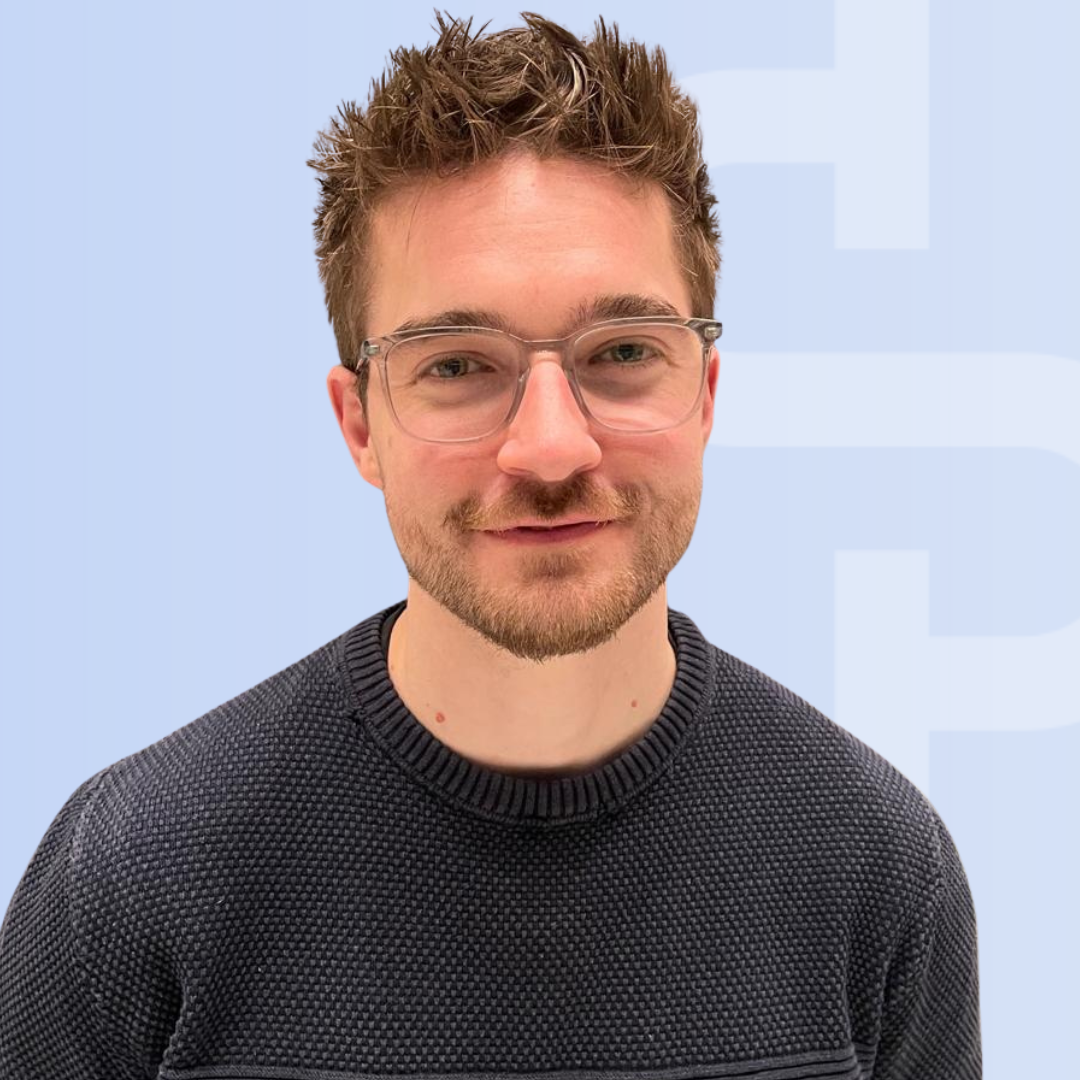
EP# 541 - Stefan Weirich: Building AI-powered Robots
This episode was co-produced with Swiss Startup Days, the leading Swiss deep-tech catalyst event for startups, investors, enablers, and corporates. Checkout Newcomers - the ultimate pitching format for pre-seed and seed startups in Switzerland. Applications open in December 2025.
Episode description
In this episode, we sit down with Moritz Futscher, CEO and Co-Founder of BTRY, a Swiss-based deep tech startup building ultra-thin solid-state batteries. After years in academic research in multiple countries, Moritz transitioned from the lab into entrepreneurship to bring battery technology out of research and into real-world applications. He holds a PhD in Physics from Universiteit van Amsterdam.
Moritz shares what it really takes to scale hardware startups in Switzerland, from navigating early incubators and public funding programs to raising capital during a difficult period for battery companies across Europe. We discuss the strengths and gaps of the Swiss startup ecosystem, why early-stage support is strong but scale-up infrastructure remains limited, and how partnerships with European, US, and Asian players are becoming essential for global competitiveness.
Mortiz also goes deeper into the realities of deep tech execution: finding the first real customer use cases, choosing scaling partners, managing complex manufacturing processes, and building a high-performance team culture focused on psychological safety, ownership, and empowerment. He also reflects on the personal leap from academia to startup life, balancing family and leadership, and what success really means when building physical technology that aims to enable entirely new applications.
The cover portrait was edited bywww.smartportrait.io.
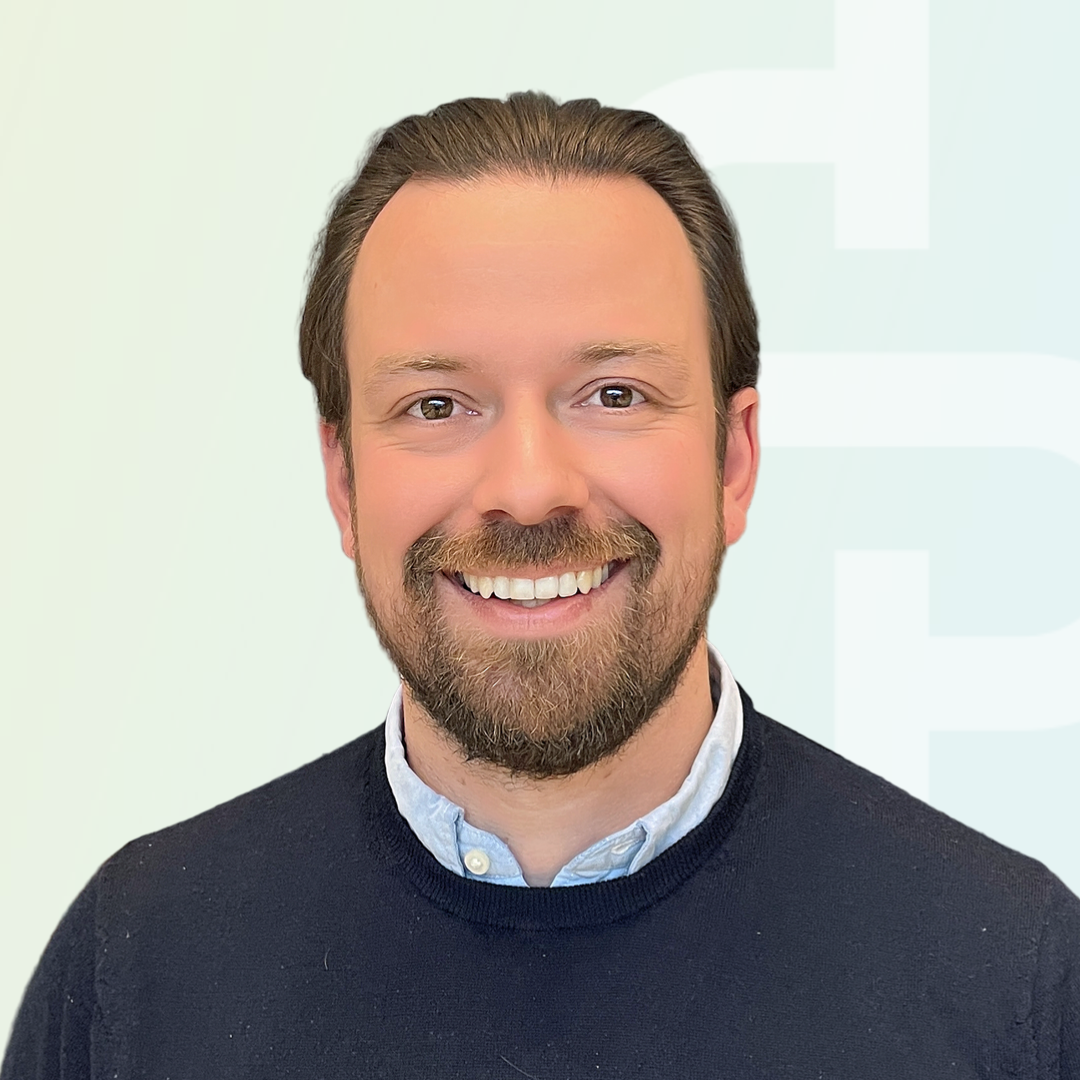
EP#540 - Moritz Futscher: Batteries Thinner Than Hair - The Breakthrough Behind Solid-State Energy
This episode is co-produced with Innosuisse, the Swiss Innovation Agency. Innosuisse supports SMEs, startups, research institutions and other Swiss organisations in their research and development activities. They offer a range of programmes to help you bring your innovative ideas to life. To explore their support offerings and find the right offer for your needs, visit their online guide and take the next step in your innovation journey.
Episode description:
In this episode we speak to Christian Greis, a Dermatologist at University Hospital Zürich and the Founder behind derma2go, a Swiss digital dermatology platform built to help patients get expert skin assessments faster through online photo-based consultations. Christian shares how his path from clinical medicine into entrepreneurship was shaped by real-world demand, and how he built derma2Go while staying close to the medical frontline.
Christian speaks about how derma2go creates a win-win through hybrid care - solving 75–80% of cases online and routing the remainder in-house - and what it takes to shift patient behavior from long waiting lists to digital-first care. Christian also breaks down the realities of operating a two-sided platform in healthcare and why the company pivoted toward a B2B2C model by partnering with hospitals and clinics.
Christian also goes deeper into his founder journey: the trade-offs of solo founding, why sidepreneurship can be a strategic advantage in regulated markets, and what Christian learned from Innosuisse training and coaching. Finally, he shares a pragmatic view on fundraising and why it’s important to stay lean and raise only what you need.
The cover portrait was edited bywww.smartportrait.io.
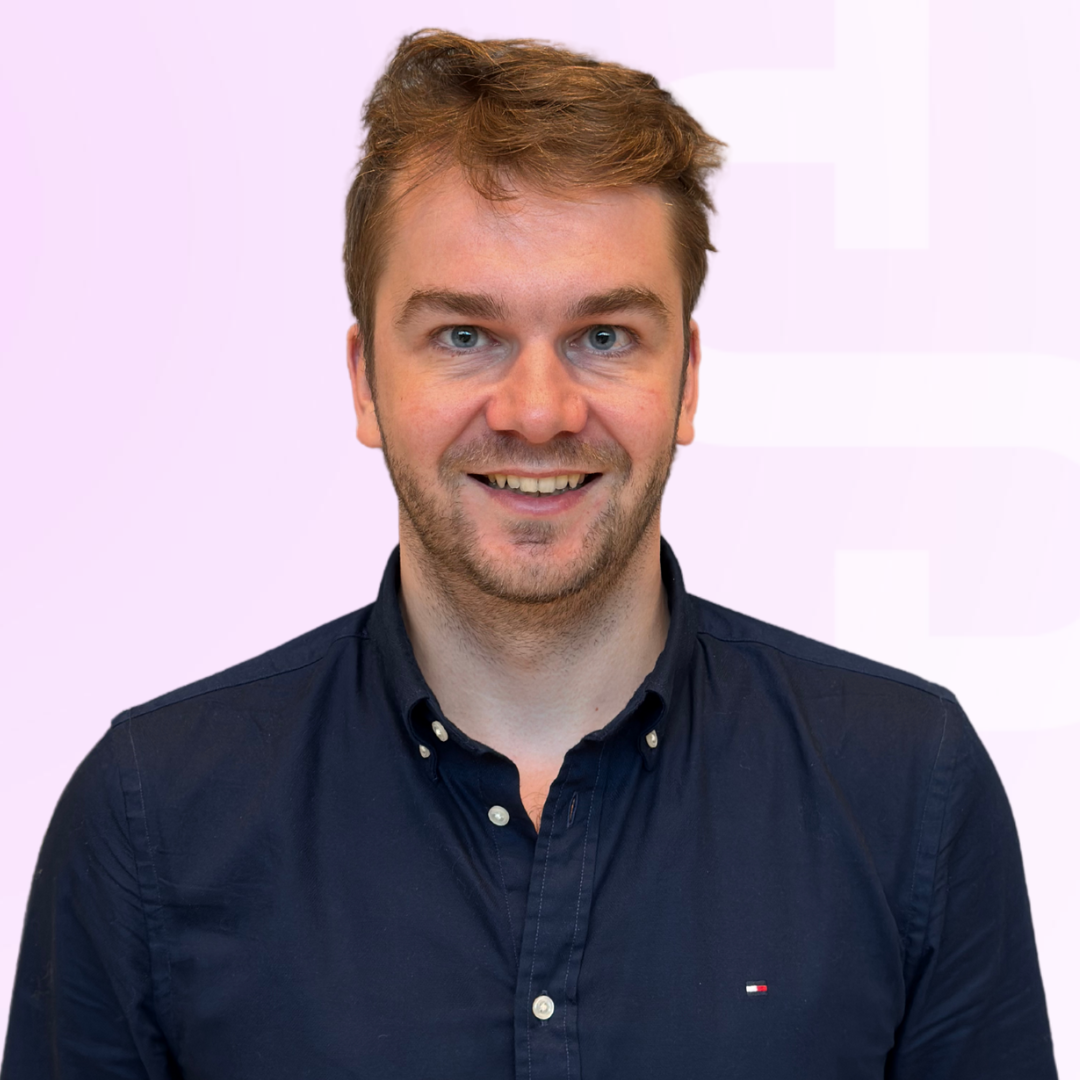
EP#539 - Christian Greis: Sidepreneurship that Solves 80% of Skin Cases Online
This episode was co-produced with KickFund, a VC fund investing in the most promising Swiss deeptech startups.
Episode Summary:
In this episode we sit down with Panagiotis Martakis, Founder and CEO of Irmos Technologies, a Swiss startup using data-driven monitoring to protect and extend the lifetime of critical infrastructure. Trained as a civil engineer, Panos transitioned from traditional structural engineering into sensing, data, and predictive maintenance through research at ETH Zurich, where the foundations of Irmos were built.
Panos shares how his work in the critical infrastructure sector operates in slow-moving, highly regulated markets where trust, references, and execution matter more than speed. Panos shares why Irmos deliberately delayed raising a large funding round, how the Swiss startup ecosystem supports founders at early stages, and why focus is a decisive advantage when resources are limited.
Panos goes deeper into the realities of building a hardware and data-driven company: reducing uncertainty in engineering decisions, moving from gut-feeling inspections to measurable risk at portfolio level, and narrowing focus after an initial phase of experimentation. He reflects on fundraising timing, working with public-sector clients, learning from Founder networks, and the long-term vision of turning infrastructure monitoring into a scalable, data-powered standard.
The cover portrait was edited bywww.smartportrait.io.
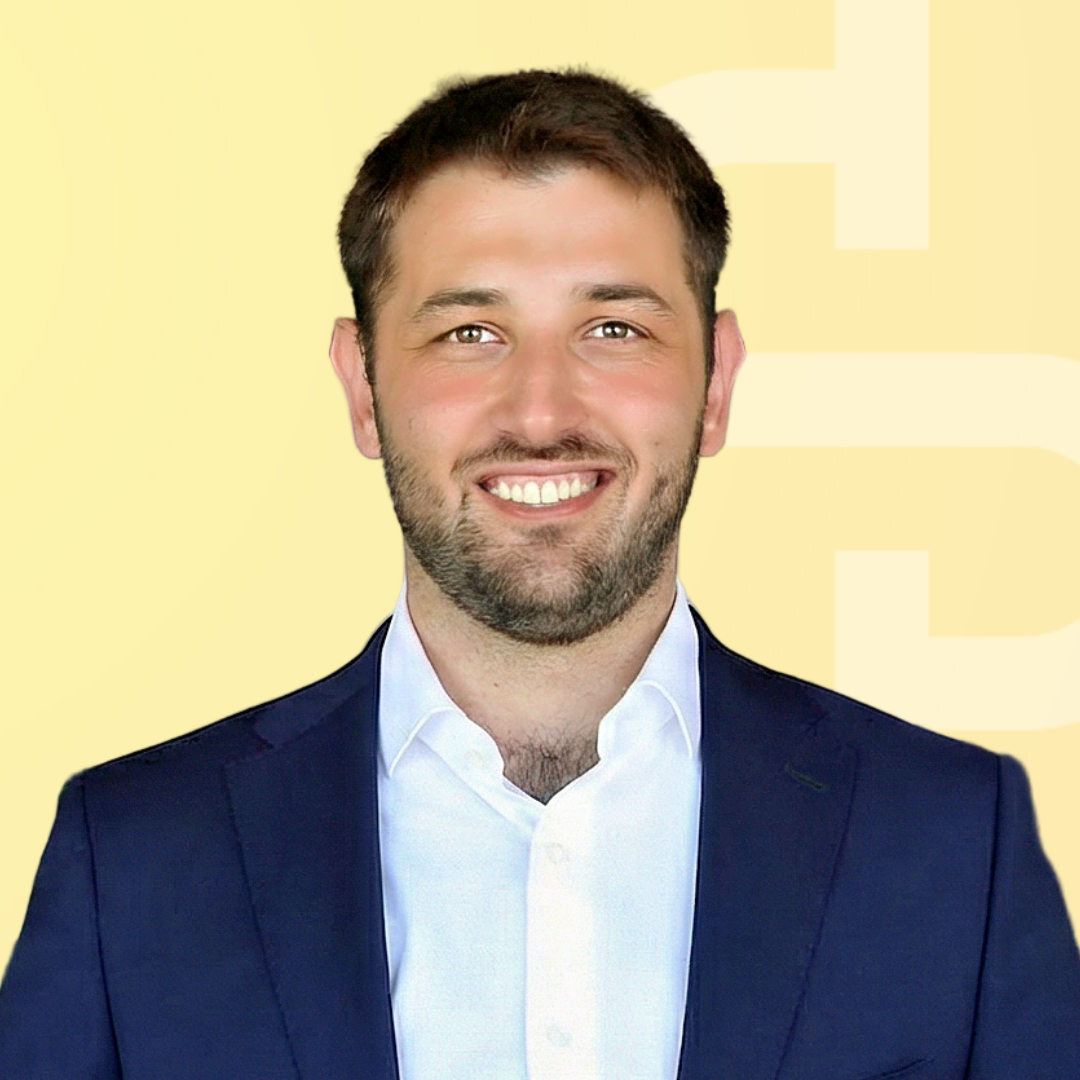
EP#538 - Panagiotis Martakis: Scaling Deep Tech in Switzerland Without Losing Focus
This episode was sponsored by infinity.swiss, Switzerland’s most advanced AI accounting tool. Save 25% by entering code SWISSPRENEUR at checkout.
Episode summary:
In this episode, we sit down with Imad Abdallah, Co-Founder & CEO of RTDT, a spin-off from ETH Zurich developing one of the world’s first systems to measure real aerodynamic behavior directly on wind turbine blades. After studying engineering in Canada and Denmark, Imad moved to Switzerland for a postdoc at ETH where the core technology behind RTDT was born.
Imad shares what it really takes to build a hardware company in Switzerland: turning a research prototype into a manufacturable product, navigating regulation, and validating a solution for an industry where no benchmark data exists. Imad also shares how early programs like Venture Kick and Innosuisse helped sharpen their pitch - shifting from “technology that can do everything” to a clear value proposition for one specific market. He explains why the wind industry is concentrated, hard to access, but ultimately ideal for focused, high-impact innovation.
Imad offers an honest look behind the scenes of hardware entrepreneurship: spending months rewriting firmware, installing patches himself in the rain on 100-meter blades, and learning the importance of one customer, one use case, one application in the early days. He reflects on fundraising challenges founders face when developing hardware, the value of choosing partners who understand manufacturing, and the long-term vision of making RTDT the reference in deploying an interface between aerodynamic data and turbine control systems.
The cover portrait was edited by www.smartportrait.io.
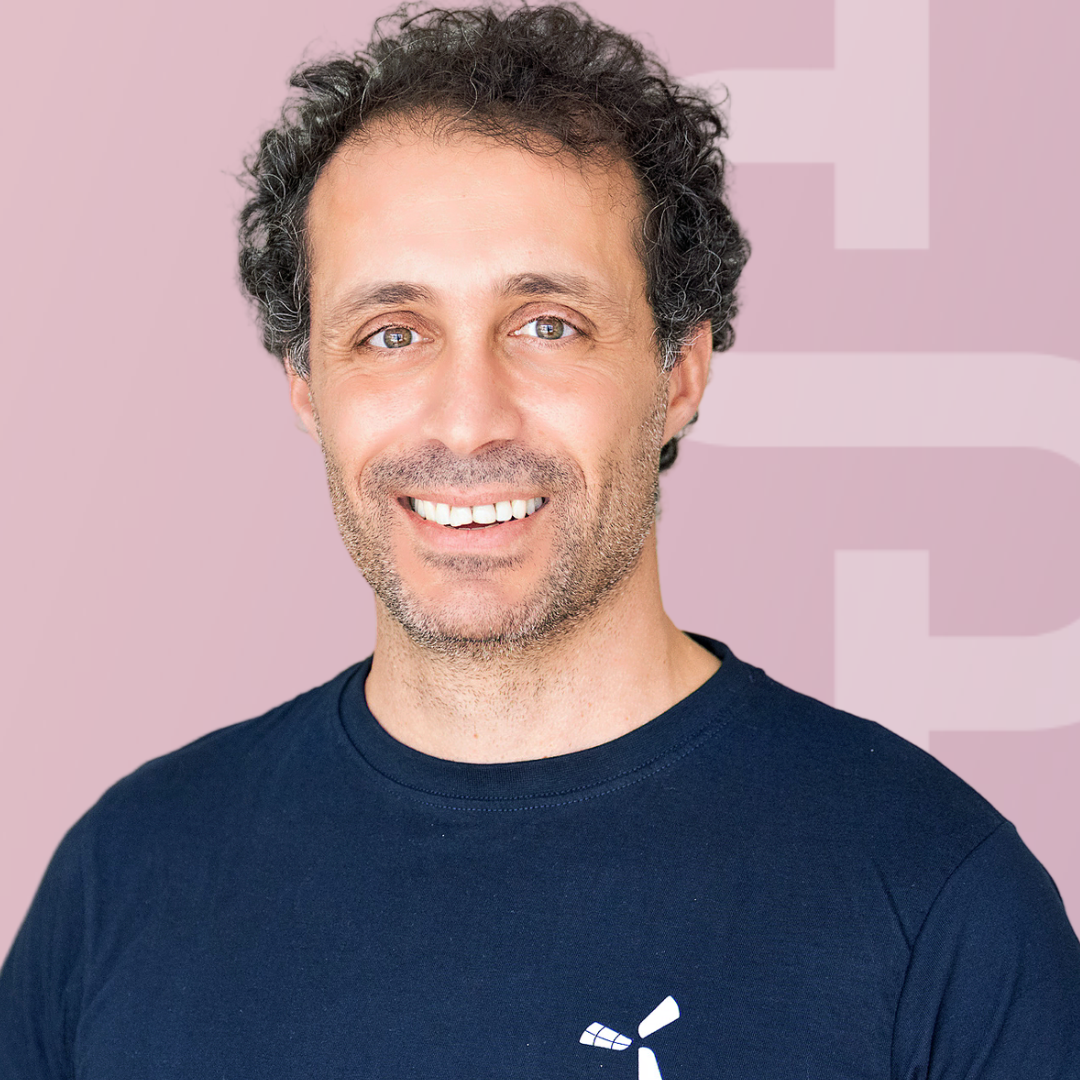
EP #537 - Imad Abdallah: The One-Customer Rule for Hardware Founders
Episode Summary:
Marco Cerqui is the co-founder and former CEO of Bring! - Switzerland's most widely used shared grocery shopping app. With a background in software engineering and product management, Marco and his co-founder Sandro built Bring! from a side project into a platform used across millions of households before being acquired by Swiss Post in 2021.
In this episode, Marco shares how Bring grew from a simple shared shopping list into a category-defining product with a loyal user base. He talks about early product validation, user-centric design, scaling a B2C company from Switzerland, and why simplicity beats feature expansion. Marco also explains how Bring shifted from a paid app to a highly contextual advertising model - without compromising the user experience.
Marco also opens up to the emotional and strategic milestone of exiting to Swiss Post, navigating setbacks along the way, and why stepping down as CEO was one of Marco’s proudest leadership moments. This is a candid, practical masterclass in long-term product thinking, timing, and resilience.
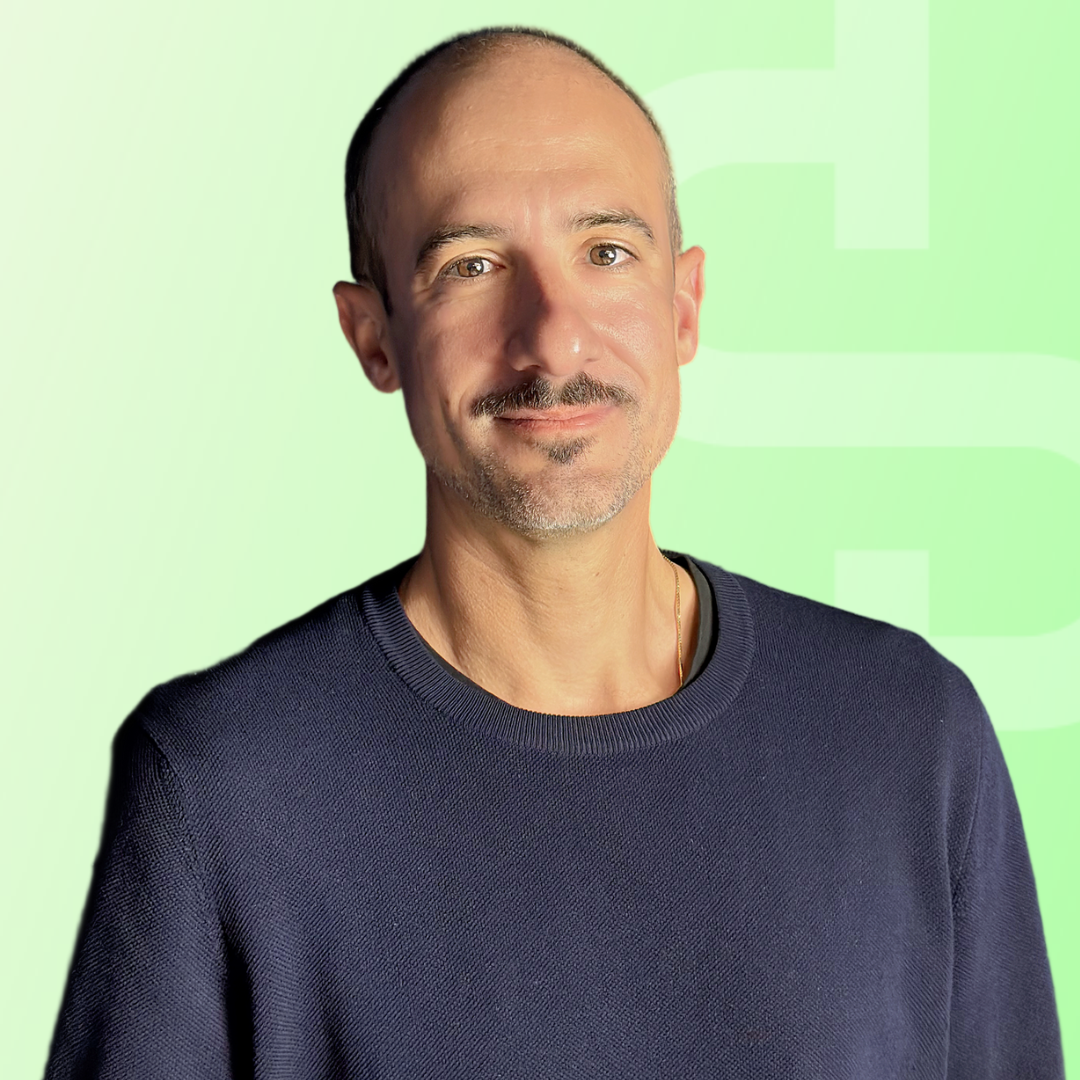
EP #536 - Marco Cerqui: Switzerland's #1 Grocery App - Built on Ads Users Actually Want
This episode was produced by Founders Hive, a community of successful startup founders, industry experts, and investors promoting entrepreneurship in Switzerland and helping early-stage business concepts get ready for seed-stage investment.
Founders Hive is a partner of the Entrepreneurship Training programme, empowered by Innosuisse, the Swiss innovation agency supporting SMEs, startups, research institutions and other Swiss organizations in their research and development activities. Click here to find out more about Founders Hive, empowered by Innosuisse.
Episode summary:
In this Opposing Views episode, we welcome David Eberle (INSEAD MBA), Co-Founder and CEO of Typewise, a YC-backed AI startup building autonomous customer service agents, and Florian Emaury (ETH PhD), Co-Founder and CEO of Menhir Photonics, a fully bootstrapped Swiss deep-tech company producing some of the most precise lasers in the world.
Together with Silvan, they unpack one of the most debated questions in the startup world: should you optimize for impact or profit? They explore how funding strategy shapes decisions, why margins (not industry) determine whether bootstrapping is viable, and how shifting from B2C keyboard app to B2B enterprise AI changed Typewise’s trajectory. They also discuss pricing discipline, ethical boundaries, pivots, and how Swiss founders approach growth compared to U.S. startup culture.
They also open up about navigating ethical red flags with investors, resisting tempting short-term revenue, and balancing ambition with a life worth living. Both founders reflect on what success means beyond valuations: sustainability, joy, quality, risk-taking, and building something that lasts. Whether you're building a deep-tech hardware company or scaling AI software, this episode challenges how you define success and what you're willing to trade for it.
The cover portrait was edited by www.smartportrait.io.
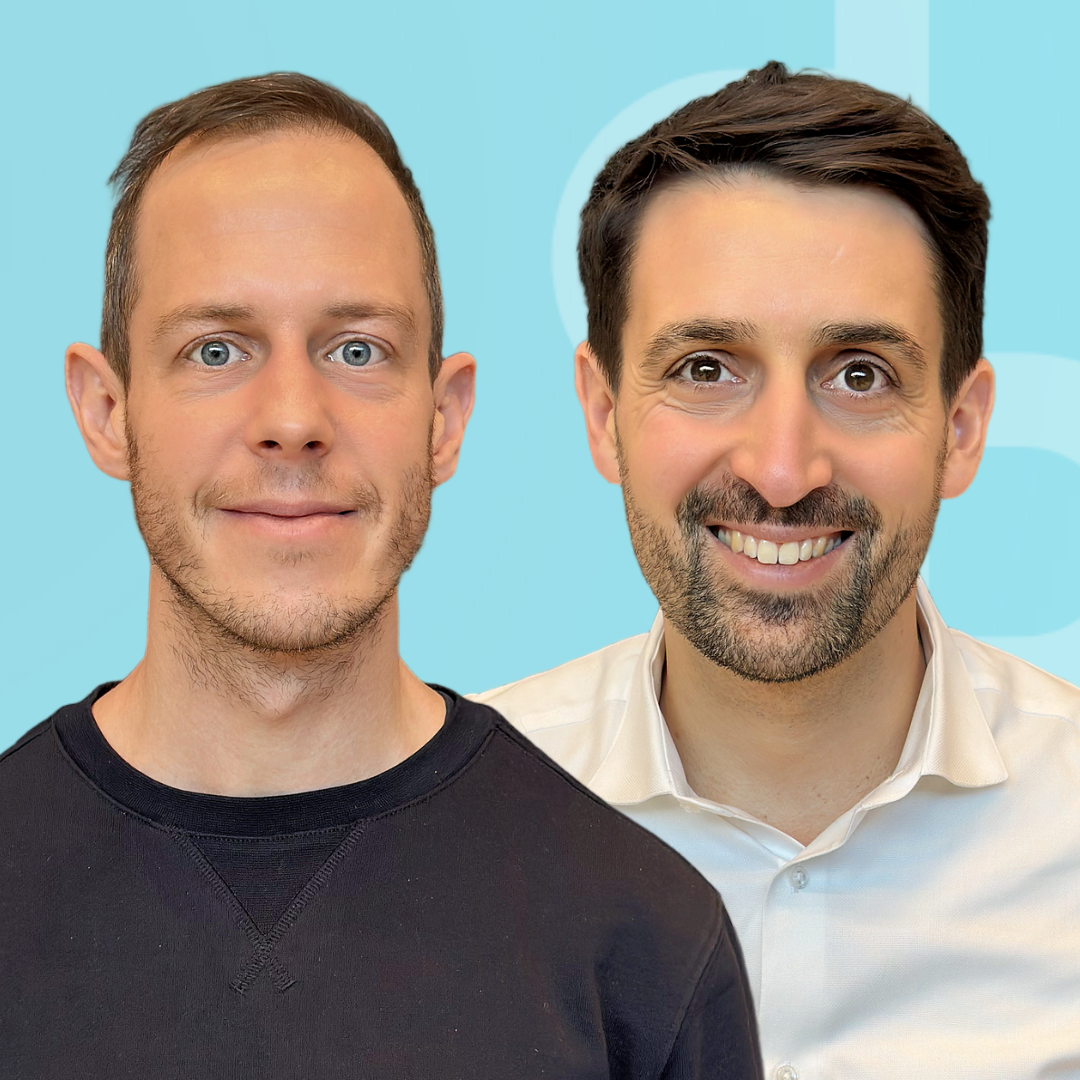
EP# 535 - David Eberle & Florian Emaury: Impact vs Profit maximizing when scaling-up in Switzerland
This episode was sponsored by infinity.swiss, Switzerland’s most advanced AI accounting tool. Save 25% by entering code SWISSPRENEUR at checkout.
Episode Summary:
In our second Swisspreneur Documentary series we sit down with Levent Künzi, Co-Founder and CEO of properti, to explore his journey from burnout to building one of Switzerland’s fastest-growing proptech companies. What started as a frustration with outdated industry norms became a mission to simplify real estate, automate transactions, and create a platform-driven brokerage model built around efficiency and customer experience.
Throughout the episode, Levent opens up about the reality of scaling: How the solution isn’t necessarily increasing headcount, why you should hire slow (with a big focus on cultural fit and decide fast if they’re a match or not), and leveraging automations in the age of AI. He shares how properti reinvested early revenue, built a clear playbook, and shifted from a transaction focus to creating a full on platform to support every need.
We also dive into the mindset evolution behind going from founder-operator to scale-up CEO. Levent reflects on identity and personal sustainability: moving from hustle mode to strategic leadership, why scaling the company required him to first scale himself, and how he surrounds himself with the right board members and investors to help him through struggles and challenging decisions.
Whether you're bootstrapping, fundraising, or transitioning into scale-mode, Levent’s story offers grounded lessons, tactical frameworks, and radical honesty about what it takes to build a category-defining company in Switzerland (and beyond).
This video was produced by: @DANGVIDEOS
Don’t forget to give us a follow on Instagram, Linkedin, TikTok, and Youtube so you can always stay up to date with our latest initiatives. That way, there’s no excuse for missing out on live shows, weekly giveaways or founders' dinners.
cover portrait by smartportrait.

EP #534 - Levent Künzi: How Properti Took Over Swiss Real Estate
This episode was sponsored by Google Cloud. Join their The Founder's Story event on December 4th to hear an exclusive panel discussion with visionary leaders sharing what it takes to go from building companies to funding them.
Episode Summary:
In this episode, Google Cloud leaders Hans Tran, Industry Lead for Digital Native Startups, and Chris Craig, ISV Partner Manager, share their insights from working with founders across Switzerland and globally. Hans is the creator of Google Cloud’s Founder Stories series and holds a Masters in Digital Marketing Strategy from Trinity College Dublin. Chris brings operational and scaling experience from his years at Uber during its pre-IPO hyper-growth phase and holds an MBA from HSG.
They discuss the current state of the Swiss startup ecosystem, from founder mindset and scaling patterns to the evolving fundraising climate. The conversation explores how Switzerland compares to major innovation hubs and what unique advantages founders can leverage: including deep tech talent, AI readiness, and a rapidly maturing support system.
The discussion also goes deep on cultural dynamics and how Swiss founders need to move faster, take risks earlier, and embrace iteration over perfection. Chris shares raw lessons from building at Uber, why focus determines survival, and why you need to stand for your ideas. Hans reflects on how community-driven founders are changing how startups launch, test, and scale in Switzerland.
The cover portrait was edited by www.smartportrait.io.
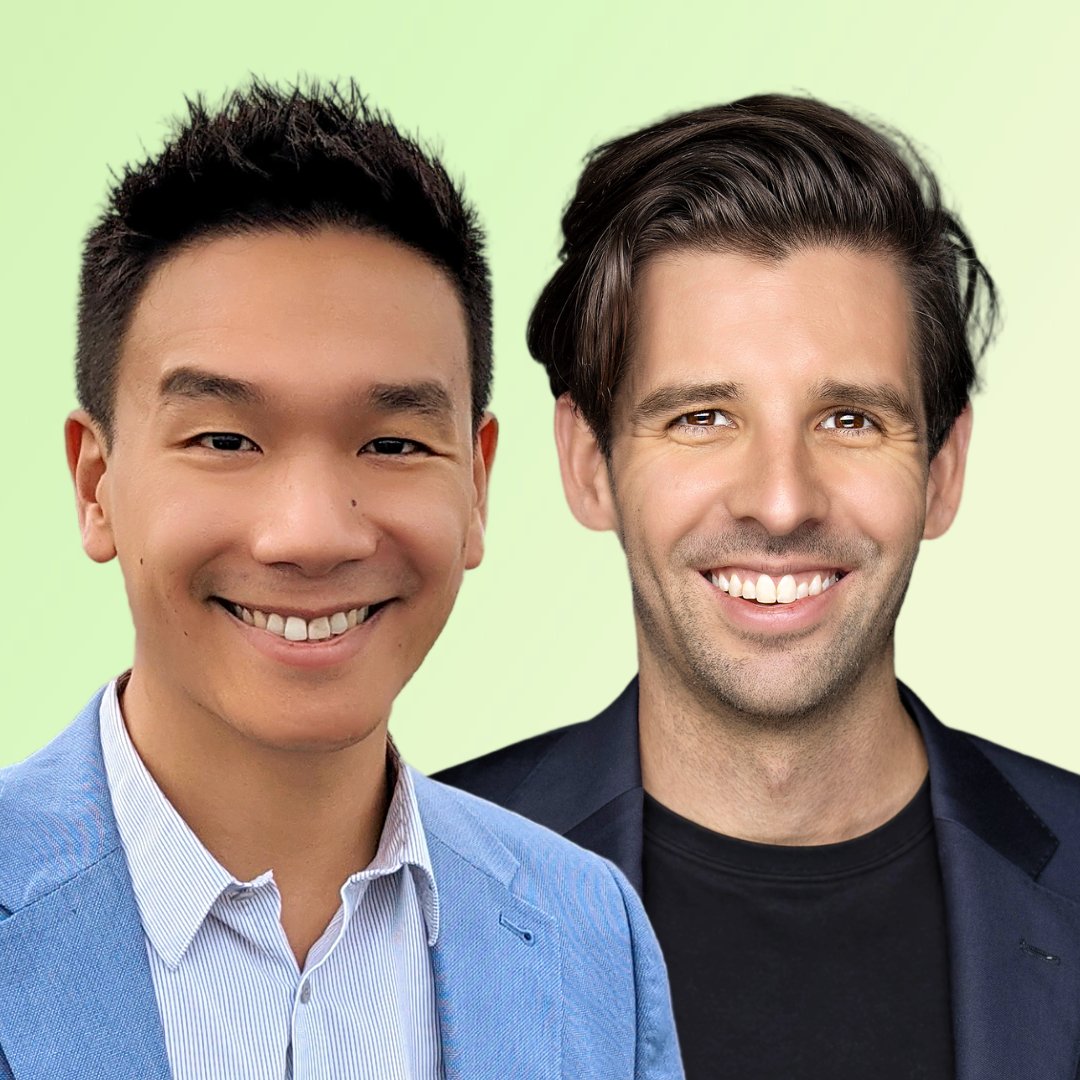
EP #533 - Hans Tran & Chris Craig: Scaling Smarter - Lessons from Google & Uber
This episode was sponsored by Google Cloud. Join their Founder's Story event on December 4th to hear an exclusive panel discussion with visionary leaders sharing what it takes to go from building companies to funding them.
This episode was originally a live conversation recorded at the SEF.Growth Founders Conference back in June 2025.
Episode Summary:
Beat Knecht is the co-founder and CEO of the TV streaming provider Zattoo, and a general partner at the VC fund REALR. She also founded Genistat and Levuro. Bea holds a BA in Computer Science from the University of California, Berkeley.
Carla Bünger is the co-founder of Phoenix Technologies, a tech cluster that drives the AI landscape through its sovereign hyper-secure IT infrastructure (kvant Cloud) and its SaaS solutions in frontier technologies. She also co-founded KORE Technologies Switzerland. Carla holds an MA in International Relations from the Geneva Graduate Institute.
Sandra Trittin is the co-founder and CGO of beebop.ai, a power grid orchestration software which unlocks grid flexibility within consumer devices, turning it into a valuable, tradable asset. She also founded Futurize Energy. Sandra holds an MBA from Mannheim Business School.
During their chat with Silvan, our 3 guests discussed the current representation of women in tech in the Western world. Women are significantly underrepresented in tech, especially in leadership roles (e.g., only 22% of AI professionals in Switzerland are women). They face career obstacles such as stereotypes, biases, and societal filters that hinder their progress.
Diverse teams drive innovation, but the tech industry often overlooks this potential. To improve gender representation, proactive efforts are needed, including:
- Encouraging risk-taking (critical for startups and leadership).
- Building support systems (mentorship, peer networks).
- Fostering STEM environments for girls to ensure future diversity.
- Addressing unconscious biases in hiring and promotions.
-
Ultimately, empowering women in tech requires systemic change, from education to workplace culture, to unlock their full potential and drive long-term progress.
📸 The cover portrait was edited by @smartportrait_io.
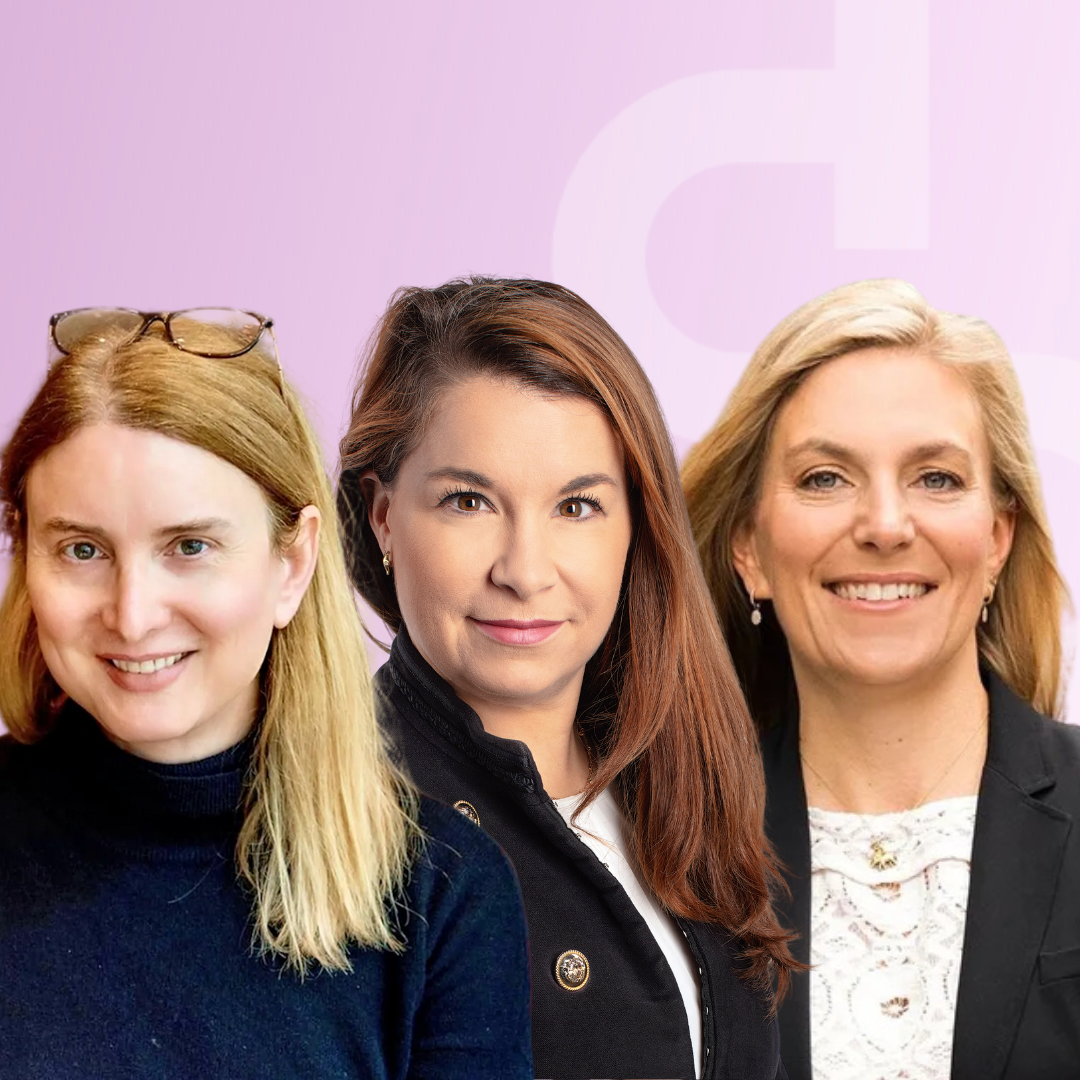
EP #532 - Bea Knecht, Carla Bünger & Sandra Trittin: Why Aren’t There More Women in Tech?
This episode was co-produced by SICTIC, the leading angel investor network in Switzerland.
This episode was sponsored by Relai. Get started with Bitcoin by downloading the Relai app today, and profit from 10% less fees by entering code SWISSPRENEUR at checkout.
(Disclaimer: Relai services are exclusively recommended for Swiss and Italian residents.)
Click here to order your copy of “Swiss Startups” today.
Thomas Dübendorfer is the founder and president of SICTIC, the leading angel investor network in Switzerland. He’s also a cybersecurity expert and serial entrepreneur, holding board seats at Frontify and several other startups.
Paulina Grnarova is the co-founder and CEO of DeepJudge, an AI-powered knowledge search for legal professionals. She holds a PhD in Computer Science from ETH, and started her company in 2021, directly after completing her studies.
Founded by ex-Google search engineers and legaltech veterans, DeepJudge reimagines how firms access and use their internal knowledge, unlocking the full breadth of data and depth of documents to improve all areas of a lawyer’s business. It enables you to build entire AI applications, encapsulate multi-step workflows, and implement LLM agents.
SICTIC is one of DeepJudge’s investors. During his chat with Merle and Paulina, SICTIC president Thomas Dübendorfer shared how he assesses startup teams:
- Does the founder really understand what the journey of a startup is?
- Can the startup team evolve to meet changing demands?
- Does the team believe what they’re selling?
- Are they aware that they’ll have to overcome several difficulties in the coming years?
- Are they all moving in the same direction, working to achieve the same mission?
Thomas also takes care to assess companies from an ethical standpoint, especially when the tech has dual use. For instance, drones can be used for rescue missions or to bring food or medicine, but they can also be used to transport weapons. In cases like these, it’s crucial to confront the founders with the most problematic possibilities upfront.
Thomas is confident in Switzerland’s AI future: all the experts are here, across a very broad range of industries, and, when it comes to AI specifically, Switzerland can already count on several research institutions making great strides - like the ETH AI Center, the Swiss National Institute, and the Swiss National SuperComputing Center.
The cover portrait was edited by Smartportrait.

EP #531 - Thomas Dübendorfer & Paulina Grnarova: A Founder’s & Investor’s Perspective On How AI Will Change Legal Tech
This episode was sponsored by infinity.swiss, Switzerland’s most advanced AI accounting tool. Save 25% by entering code SWISSPRENEUR at checkout.
Episode Summary:
Stef Van Grieken, CEO and Co-founder of Cradle, the AI biotech startup helping scientists design better proteins in record time and pioneering the intersection of AI and biology, re-imagining how humans create life-changing molecules. Stef holds a MSc in Industrial Engineering from the University of Groningen.
In this episode, Stef shares his journey from policy activism and Silicon Valley engineering to founding one of Europe’s most ambitious deep-tech companies. We discuss how Cradle turned AI models into a tool for biologists, the hard early days when investors said “this is impossible,” and why the team literally paid its first customers to prove value before revenue followed.
Stef also opens up about raising over $100 million, the three hypothesis you need to prove to create a disruptive startup (feasibility, value, monetization), navigating the gap between US and European venture cultures, and why Switzerland has everything needed to lead Europe’s next innovation wave.
The cover portrait was edited by Smartportrait.
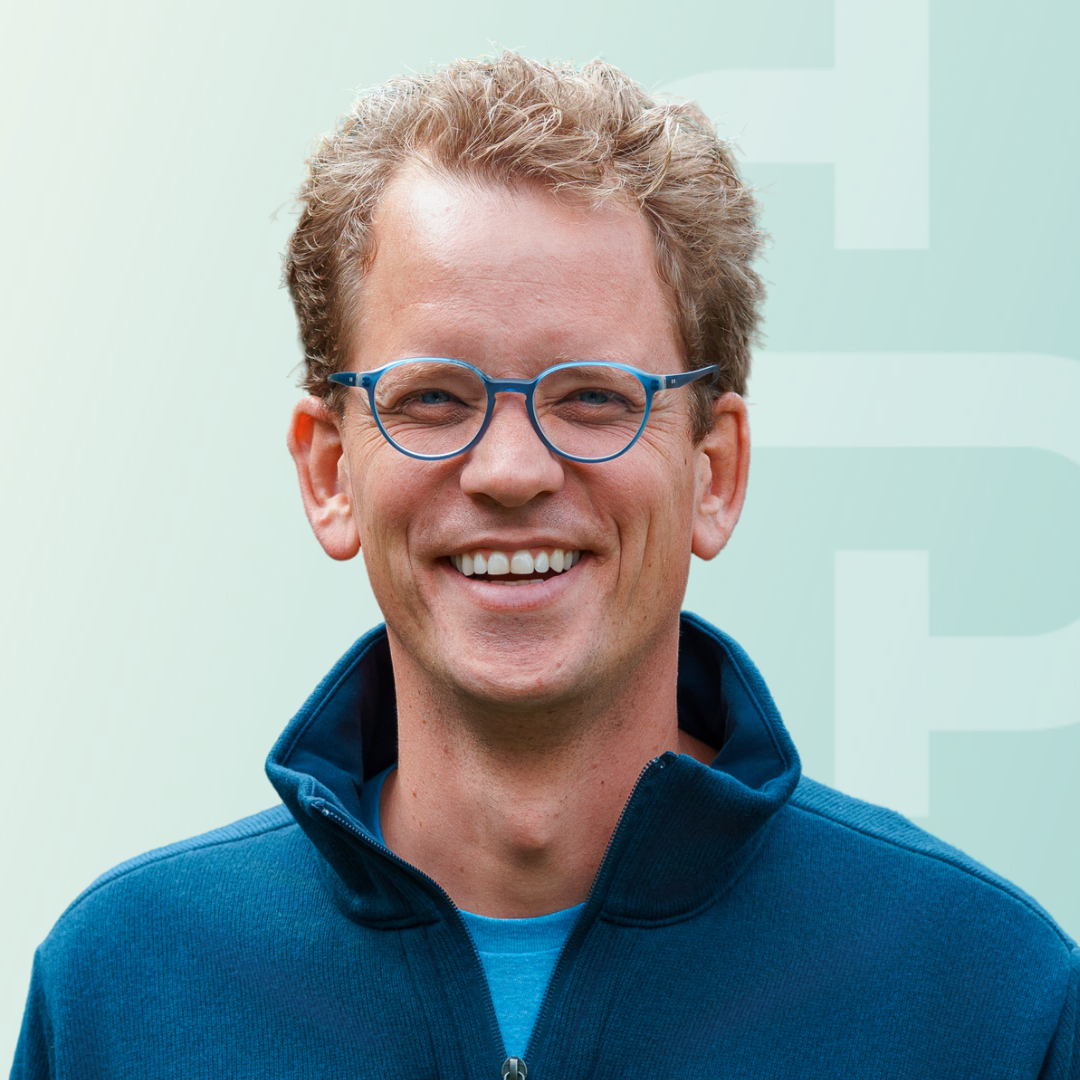
EP #530 - Stef van Grieken: Europe’s AI-Biotech Revolution Starts Here
This episode was produced by Founders Hive — a community of founders, experts, and investors driving entrepreneurship in Switzerland. We support early-stage startups in becoming investment-ready and guide them through the fundraising journey.
As a partner of the Entrepreneurship Training programme, empowered by Innosuisse — Switzerland’s innovation agency — we contribute to strengthening startups, SMEs, and research institutions in their innovation and growth.
Checkout this link to learn more about Founders Hive, empowered by Innosuisse.
Episode Summary:
Igor Martin is the CEO of Hydromea, a Swiss deep-tech company building underwater wireless networks and portable intelligent robots to make data collection below the surface faster, safer, and cleaner. He holds an MBA in Business Administration and Management from Saint Louis University.
Ramzi Bouzerda is the Founder and CEO of Droople, a B2B cleantech startup developing a water intelligence platform that digitizes the “last mile” of water, from faucets to appliances, combining IoT, AI, and SaaS to help buildings save resources and money. He holds a Masters Degree in Computer Science from EPFL.
In this Opposing Views episode, they debate what really drives startup growth: sales-led or product-led strategies. Drawing from opposite industries - one building beneath the ocean, the other inside buildings. They reveal how timing, product maturity, and customer education shape growth models.
They discuss why hybrid models often win in industrial tech, how to balance education with revenue, and what metrics truly matter beyond vanity KPIs. The conversation also dives into managing long sales cycles, using customer feedback loops to guide product evolution, and the ultimate truth every founder learns: great sales can’t save a bad product.
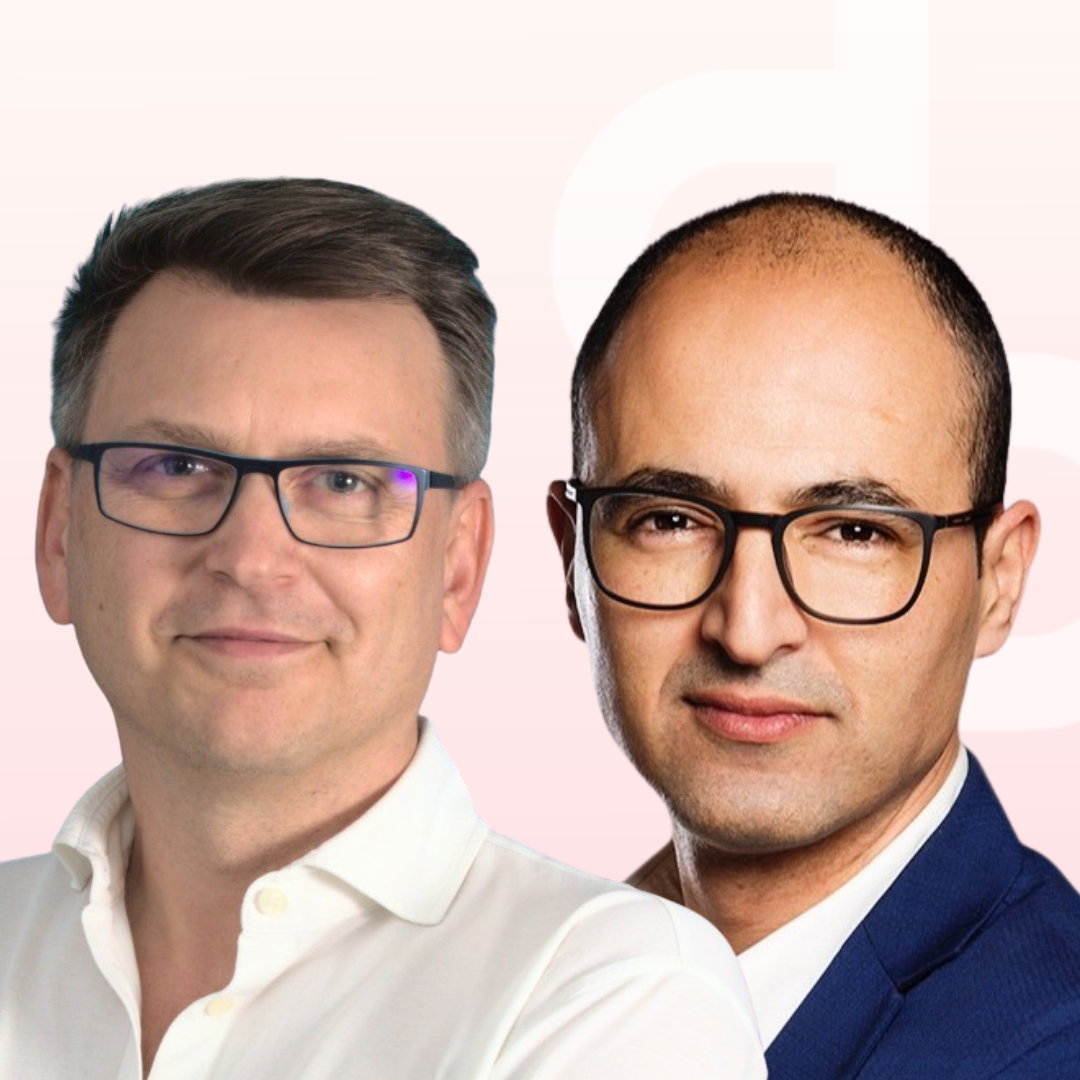
EP #529 - Igor Martin & Ramzi Bouzerda: Product-Led or Sales-Led growth? Lessons from Swiss Deeptech Founders
Episode Summary:
Jurgi Camblong is the Co-Founder and CEO of SOPHiA GENETICS, a Swiss company using data-driven medicine to empower healthcare professionals worldwide. With a PhD in Molecular Biology from the Université de Genève, Jurgi transformed his deep scientific background into one of Switzerland’s few NASDAQ-listed success stories. SOPHiA GENETICS harnesses AI and advanced bioinformatics to make genomic and multimodal data accessible and actionable for hospitals all around the world.
In this episode, Jurgi shares how he founded SOPHiA GENETICS before AI became a buzzword, why timing and trust were everything when introducing cloud-based genomics to hospitals, and how a consumption-based business model helped the company stay customer-obsessed from day one. He also reflects on what it takes to educate a conservative industry, the importance of demonstrating value through accuracy, and why being early sometimes means having to build both the market and the product at once.
On a more personal level, Jurgi opens up about the challenges of scaling culture beyond 100 people, what he learned from taking SOPHiA GENETICS public on NASDAQ, and the emotional toll of entrepreneurship at that level. He talks about near-failures, resilience through crises, and why—after everything—he might never again build a company with more than 100 employees.
The cover portrait was edited by Smartportrait.
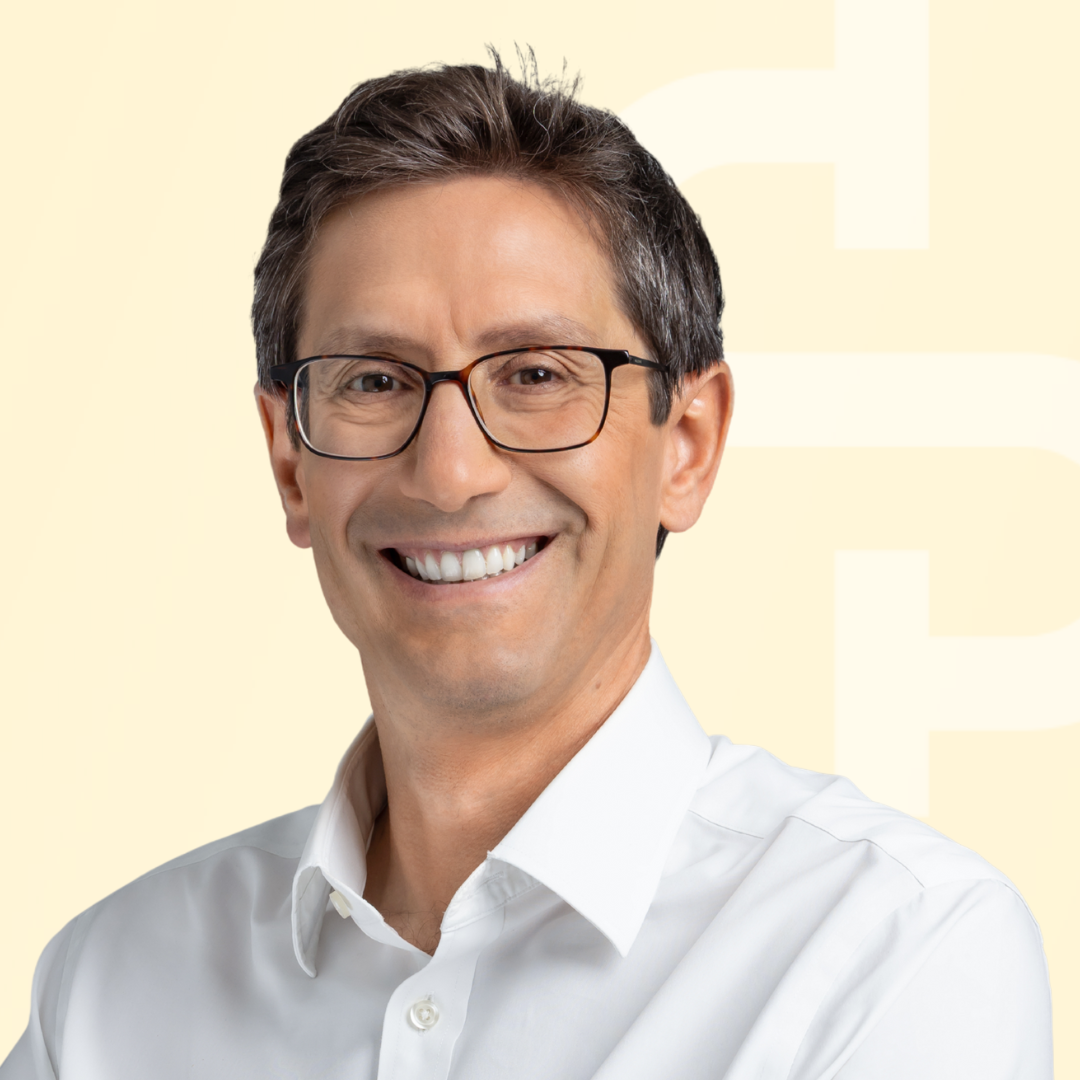
EP #528 - Jurgi Camblong: Decoding the Path to NASDAQ: The SOPHiA GENETICS Story
This episode was co-produced with KickFund, a VC fund investing in the most promising Swiss deeptech startups.
Episode Summary:
Estelle Clerc is the Co-Founder and CEO of CellX Biosolutions, a Swiss biotech startup developing next-generation cell-based products for wound healing and regenerative medicine. With a PhD in Marine Microbiology from ETH Zurich, Estelle made the leap from academia to entrepreneurship and traded the lab bench for the founder’s seat.
In this episode, Estelle shares how she built CellX from the ground up and how she approached finding the right co-founder: from testing their collaboration through grants to aligning on values and long-term vision before officially joining forces.
She also discusses the Swiss startup ecosystem that shaped her journey and exposed her to the business world and the challenges of building a biotech company that bridges research and real-world impact. Estelle reflects on resilience, team building, and what it really takes to turn a scientific idea into a scalable company.
Programs mentioned:
https://www.startup-campus.ch/
https://blogs.ethz.ch/feminno/
https://www.innosuisse.admin.ch/en/initial-coaching-for-start-up
The cover portrait was edited by Smartportrait.
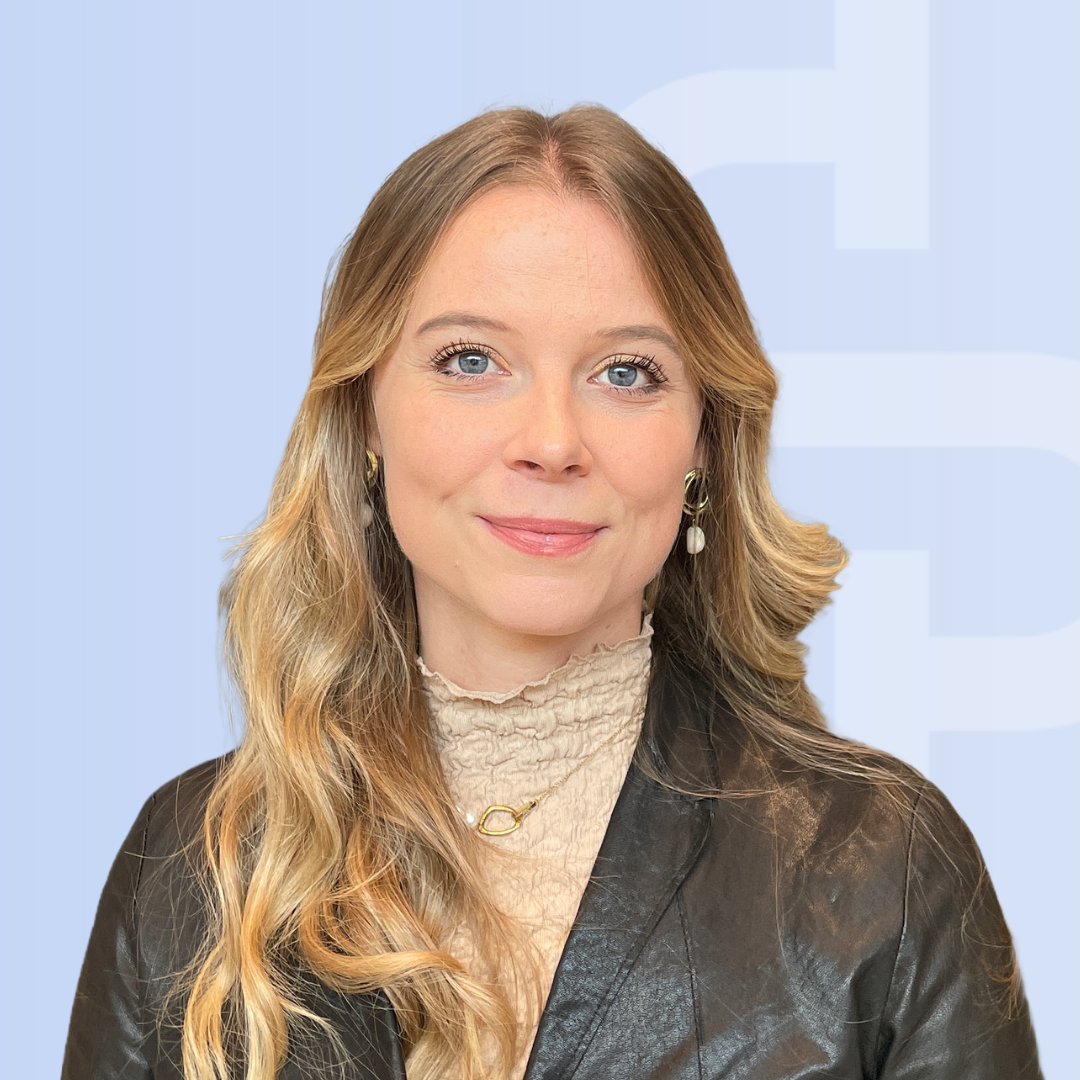
EP #527 - Estelle Clerc: From Lab to Launch - Building a Startup to Break Forever Chemicals
This episode was co-produced with Innovaud, the innovation and investment promotion agency for the canton of Vaud.
Episode Summary:
Sahar Hosseinian, Co-Founder and former CTO of Novigenix, spent over a decade building AI-powered oncology diagnostics before joining Zurich-based Prevision Medicine as Chief Quality Officer. She holds a PhD in Statistics from EPFL. Charlotte Ducrot is Head of Scaleups & Growth at Innovaud, the innovation and investment promotion agency for the canton of Vaud. She holds an MA in International Affairs from the Geneva Graduate Institute and worked for companies like Swisscontact and the WEF before joining Innovaud in 2022.
During their chat with Merle, Sahar and Charlotte dive into why mental health remains one of the biggest unspoken challenges for founders, even in high-performing Swiss startups. Sahar shares the emotional highs and lows of raising CHF 25 million in MedTech, while Charlotte explains how burnout risk spikes after funding success. They discuss how pressure from investors, teams, and personal expectations can compound - and how self-awareness, boundaries, and community can counter it.
They also get into the specifics of resilience and building systems that prevent chronic stress, breaking down how founders can recognize early warning signs, create support networks, and align their work with their personal values. Charlotte introduces the “Realize-Regulate-Recover” framework and Sahar reflects on redefining success beyond constant hustle. Together, they remind founders that protecting mental health isn’t a weaknes, but a strategic advantage for scaling sustainably.
The cover portrait was edited by Smartportrait.
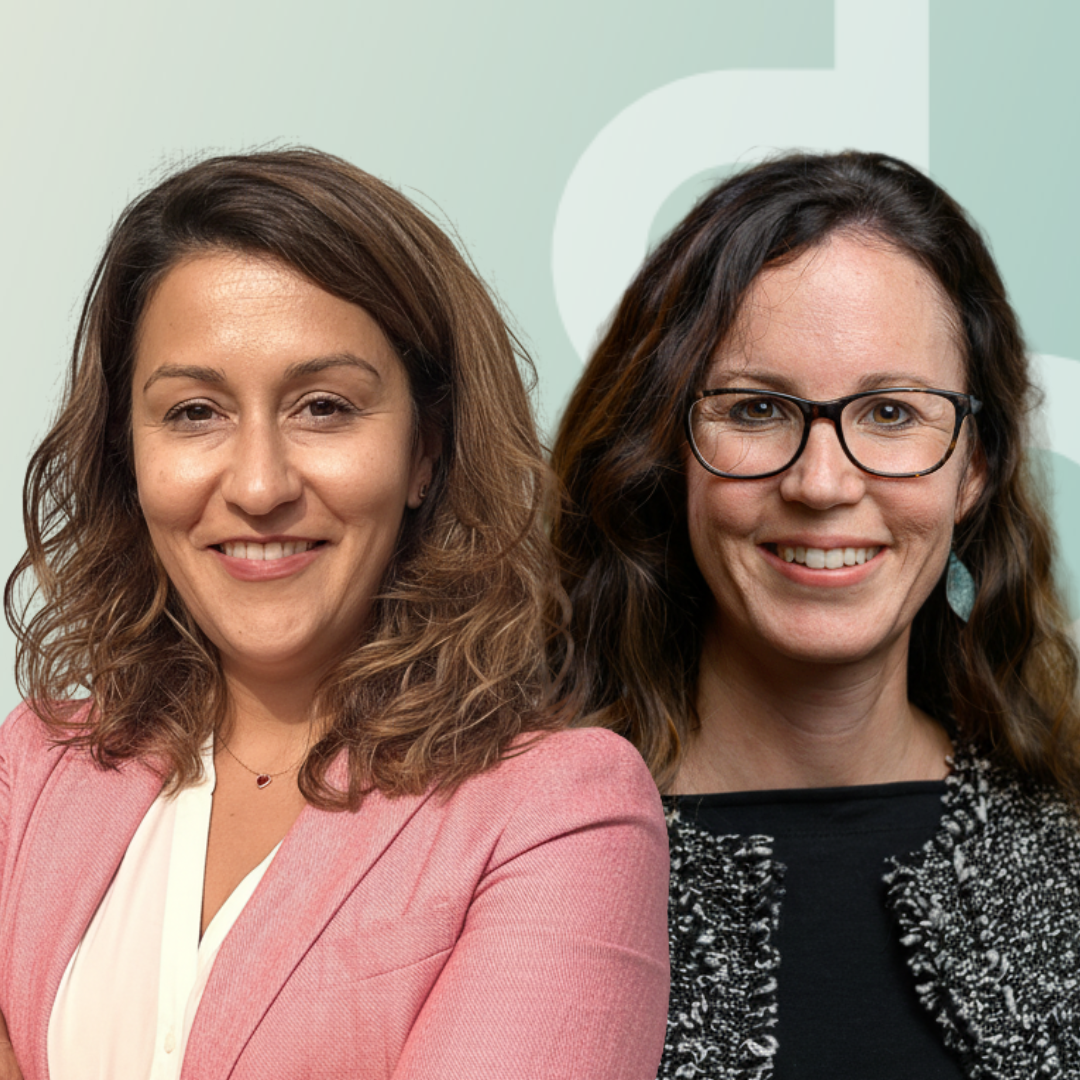
EP #526 - Sahar Hosseinian & Charlotte Ducrot: How Founders Protect Their Mental Health
This episode was co-produced by SICTIC, the leading angel investor network in Switzerland.
Episode Summary:
Pascal Sollberger is the Co-Founder and Co-CEO of Hypt, a Swiss startup helping businesses harness word-of-mouth referrals at scale. With a background in marketing and sales, Pascal co-founded Hypt after noticing that no software effectively managed personal recommendations. Adrian Adank is a Business Angel at SICTIC, where he was considered the most active Business Angel (2024), as well as has held multiple leadership positions in Swiss companies. He is currently the CFO at Fabromont.
In this episode, Pascal and Adrian share the story of how a late night conversation led to a long-term founder-investor partnership. They discuss how Hypt grew from a marketing frustration into a SaaS platform trusted by banks and insurers, and how word-of-mouth can outperform social media ads by a factor of five. Adrian explains why he invests in founders with grit and selling power over academic credentials, while Pascal reveals how focus, storytelling, and sales discipline helped Hypt reach its first million in ARR.
The conversation dives deeper into Hypt’s go-to-market strategy, their shift from restaurants to financial services, and the importance of trust in a world of AI-generated content. Adrian outlines what metrics matter to investors and how defensibility in SaaS comes from execution, not IP. Pascal reflects on scaling beyond Switzerland, securing international investors, and staying true to their “go big or go home” culture. Together, they unpack how startups can balance growth ambition with focus and why building trust, not just traction, is what ultimately scales.
The cover portrait was edited by Smartportrait.
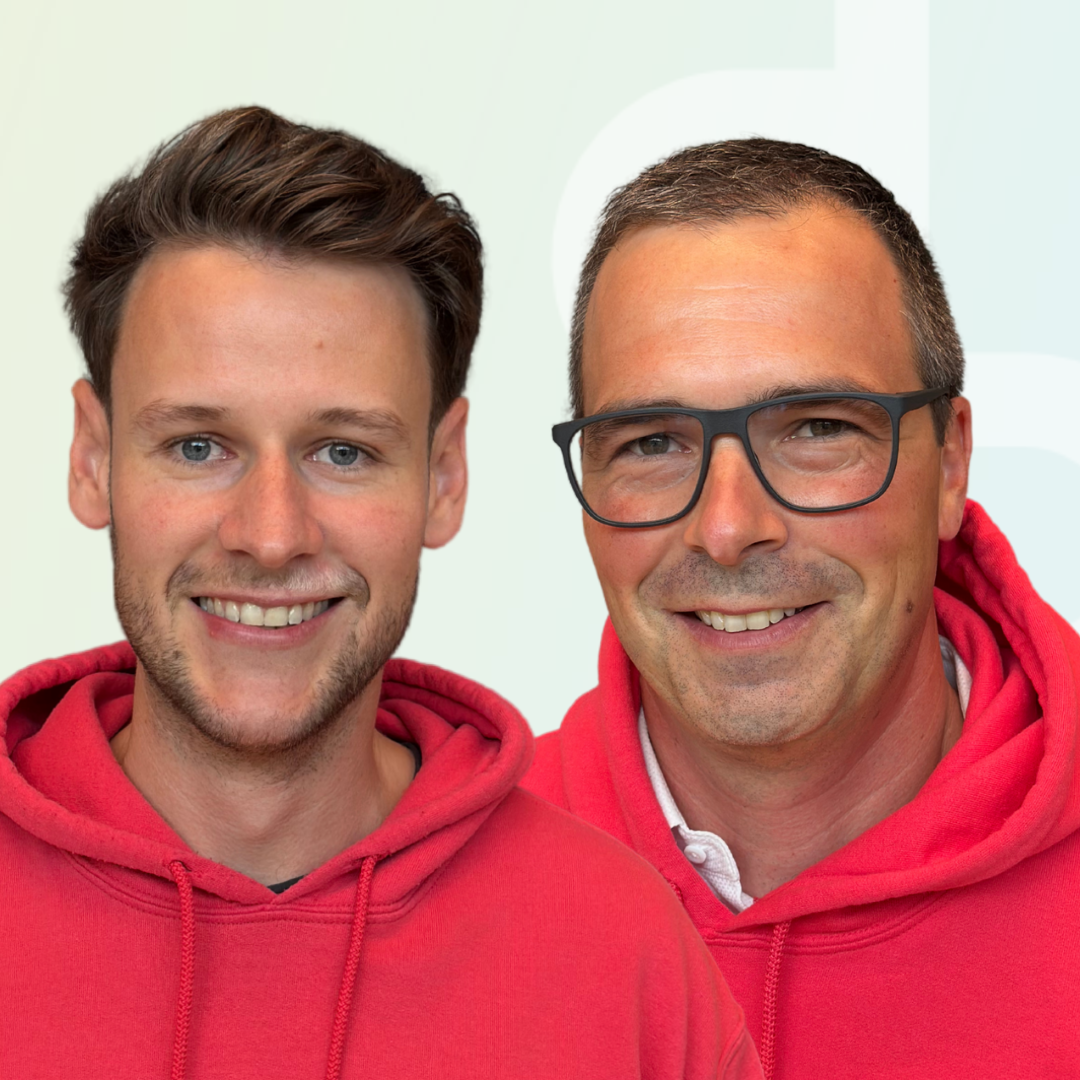
EP #525 - Pascal Sollberger & Adrian Adank: Turning Word of Mouth Into a Scalable Business
This episode was originally a live webinar co-hosted with Holycode, a software development partner that's helped more than 140 startups scale by providing customized products and teams for every stage.This episode was sponsored by infinity.swiss, Switzerland’s most advanced AI accounting tool. Save 25% by entering code SWISSPRENEUR at checkout.
Episode Summary:
Nenad Nikolic is the co-founder, Co-CEO and CTO of Holycode, and also the co-founder of MOVU and the former CIO of Bexio. He holds a MSc in Computer Science from the Faculty of Computer Science (Belgrade, Serbia) and worked for DeinDeal before joining Laurent Decrue on their 10+ year entrepreneurial journey in 2014.
Herbert Bay is a serial entrepreneur, angel investor and board member. He co-founded the image-recognition platform Kooaba, the AR company Shortcut and the mental health tracker Earkick, where he is currently still active. He holds a PhD in Computer Vision from ETH Zurich and is the original author of the SURF algorithm, used for various Computer Vision and AR applications such as object recognition, image registration, classification and 3D reconstruction.
In this episode, Nenad Nikolic and Herbert Bay share how founders can build strong, lean product teams in the age of AI. They discuss how hiring senior talent early can save founders months of time, why team structures should evolve with a startup’s stage, and how AI is changing the way products are built - not by replacing people, but by multiplying what small, focused teams can achieve.
They also explore the limits of AI, the challenges of building defensible products, and the growing risk of tech debt when speed outpaces structure. From the pitfalls of the no-code trend to the need for proprietary data and workflow integration, both guests stress that success comes from pairing technological ambition with clarity of focus - and from validating your market before writing a single line of code.
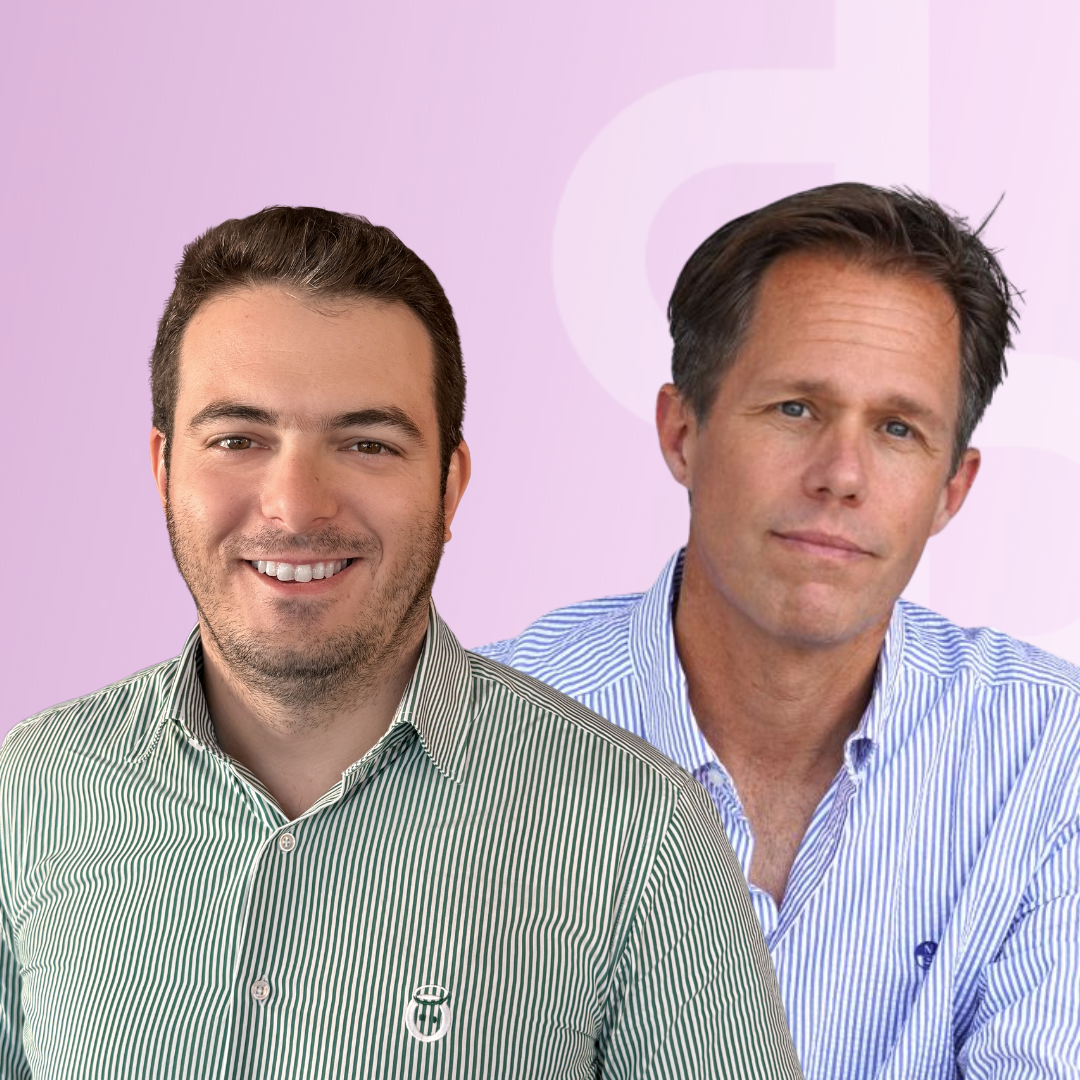
EP #524 - Nenad Nikolic & Herbert Bay: How to Build a Product Dream Team
This episode was produced by Founders Hive — a community of founders, experts, and investors driving entrepreneurship in Switzerland. We support early-stage startups in becoming investment-ready and guide them through the fundraising journey.
As a partner of the Entrepreneurship Training programme, empowered by Innosuisse — Switzerland’s innovation agency — we contribute to strengthening startups, SMEs, and research institutions in their innovation and growth.
Visit https://innosuisse.founders-hive.ch/ to learn more about Founders Hive, empowered by Innosuisse.
Episode Summary
Christian Greis is a dermatologist, surgeon, and founder of Derma2Go, a tech health startup providing high-quality online care for dermatology services and skin diseases. Nicolas Abelé is a serial entrepreneur and Co-Founder/CEO of SONIX, a communication and entertainment platform for gamers. Both founders bring very different perspectives on building startups: one through a bootstrapped, lean growth approach rooted in healthcare, and the other through venture-backed scaling in the gaming industry.
Together, they dive into the trade-offs between fundraising versus bootstrapping, exploring what it really takes to finance and scale a company in Switzerland. Christian explains why he pursued smaller rounds and revenue-driven growth, highlighting the mental health benefits of staying lean. Nicolas shares how SONIX leveraged investor support while remaining capital-efficient, even turning competitors’ billion-dollar fundraising into free market education they could piggyback on.
The discussion covers the realities of working with VCs versus business angels, the pressure founders face around cash flow, and how different industries (regulated healthcare vs. consumer gaming) shape financing strategies. Both emphasize the importance of smart money, efficient spending, and milestone-driven fundraising, while offering advice to first-time founders deciding which financing path fits their company and personality best.
The cover portrait was edited by Smartportrait.
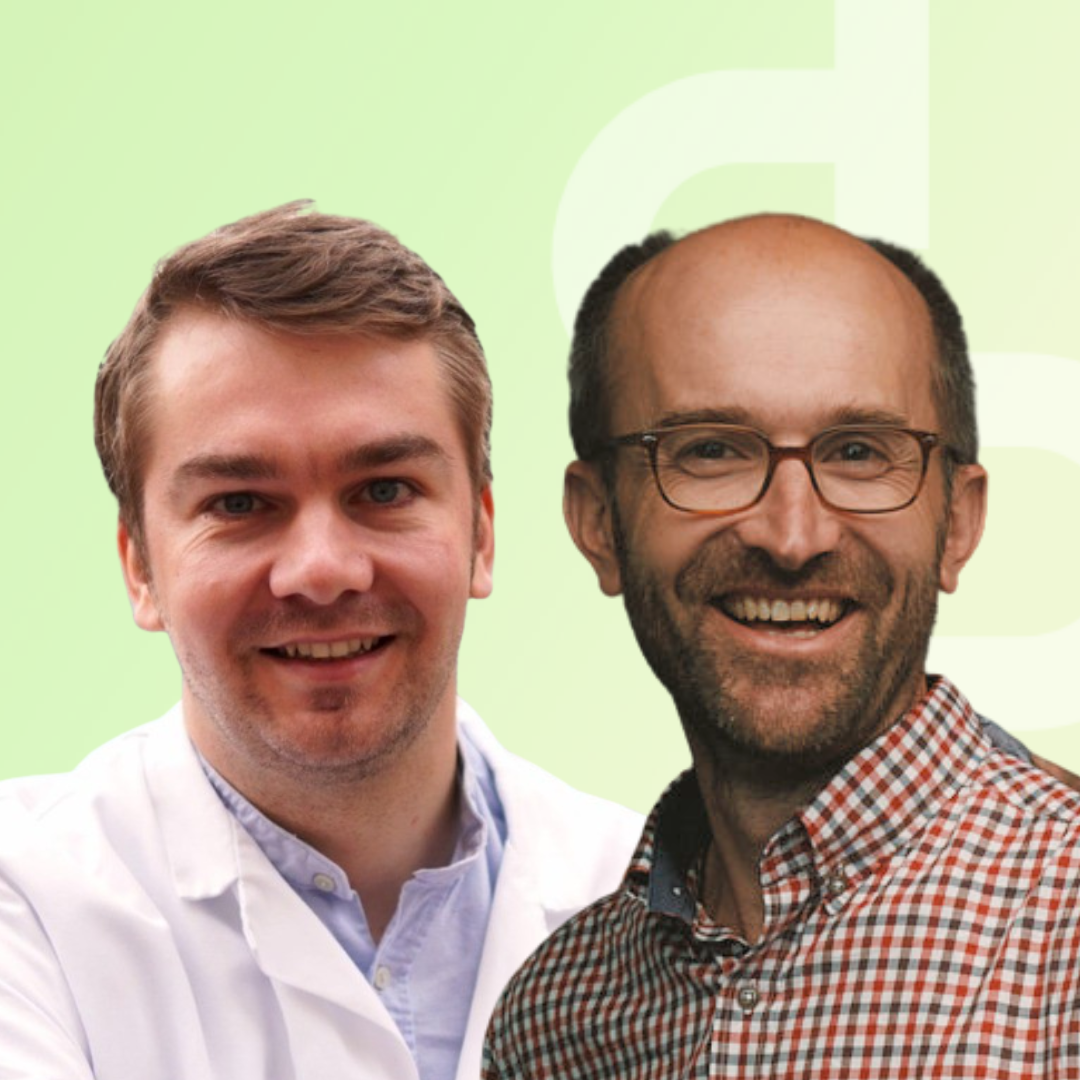
EP #523 - Christian Greis & Nicolas Abelé: Cash, Control, and Consequences: The Real Cost of Startup Growth
This episode was co-produced with SEF-Growth, the Swiss Economic Forum's Growth initiative to support Swiss startups and SMEs with growth plans free of charge. Check out the link in the bio to learn more!
The cover portrait was edited by Smartportrait.
Episode Description
Pierre Bi is the founder and CEO of enshift, a Swiss startup helping real estate portfolios transition to green energy by executing decarbonization projects. He founded and sold his first startup Aeries Health to iRobot and holds a Masters in Mechanical Engineering from MIT.
In this episode, Pierre shares how enshift taps into the tipping point of renewable energy being cheaper than fossil fuels, and how they help building owners capture that opportunity without upfront capital. He explains the startup’s financing model, why owning the risk became their differentiator, and how real estate investors can transform their portfolios while boosting returns.
The conversation also dives into founder lessons: the importance of credibility from past exits, why being willing to shoulder risk can unlock trust and clients faster, and how monetization opportunities emerge when capital, sustainability, and timing align.

EP #522 - Pierre Bi: Owning the risk to own the market: The Startup Decarbonizing Real Estate
This episode was sponsored by Relai. Get started with Bitcoin by downloading the Relai app today, and profit from 10% less fees by entering code SWISSPRENEUR at checkout. Click the link in the bio to learn more!
(Disclaimer: Relai services are exclusively recommended for Swiss and Italian residents.)
About Andreas Caminada
Andreas Caminada, one of the world’s most decorated chefs (3 Michelin stars, 19 Gault Millau points), reveals how he built a culinary empire in the Swiss Alps without investors—starting with just 4 employees and a relentless focus on passion over profit. In this intimate interview at his castle-turned-restaurant, he shares:
- Why he chose his remote hometown over global food capitals (Zurich, New York) and turned it into a destination.
- The brutal early days: Working 18-hour shifts, losing his co-founder (and girlfriend), and waiting 7 years to turn a profit.
- His "anti-scaling" philosophy: Why he capped seats at 30 guests to protect quality—and how he expanded creatively (magazines, licensing, brand partnerships).
- Lessons for founders: Resourcefulness (no fancy kitchen gear), consistency, and why "money was never the motivation."

EP #521 - Andreas Caminada: Waiting 7 years to turn a profit (and getting 3 Michelin Stars in the process)
This episode was co-produced with KickFund, a VC fund investing in the most promising Swiss deeptech startups. Check out the link in the bio/comments to learn more about them!
Episode summary:
Wanja Humanes is the CEO of Kickfund, a Swiss investment fund that invests in leading deep tech startups recognized by the Venture Kick competition, providing strategic support and resources to help them scale and succeed globally. Wanja holds a BA in Business Innovation from the University of St. Gallen.
In his chat with Merle, Wanja shares how Switzerland’s flagship accelerator Venture Kick and its follow-on investment fund create a seamless path from lab to market. He reflects on his years at Swisscom Ventures, lessons from 90+ investments, and why a flexible co-investment strategy beats rigid thesis-driven VC.
Wanja also details Kickfund’s unique model: startups that graduate from Venture Kick can receive up to CHF 1 million in combined non-dilutive grants and follow-on capital—fast, founder-friendly, and backed by a growing community of investors and alumni. For Swiss founders and early-stage investors, it’s a masterclass in building and financing high-impact companies.
The cover portrait was edited by www.smartportrait.io.

EP #520 - Wanja Humanes: From Lab to Launch: How Kickfund Backs Switzerland’s Brightest Ideas
This episode was sponsored by Google Cloud. Join their Founder's Story event on September 24th to hear directly from visionary founders in the transportation industry discussing the seismic shift in mobility, from ownership to on-demand access, and the pivotal role of AI and cloud technologies in driving this transformation.
The cover portrait was edited by www.smartportrait.io.
Episode summary:
Eric Laudet is the CEO and Founder of Holistiq, a medtech startup aiming to establish the gold standard for scalable root-cause medicine and build the world's leading AI-powered holistic health platform, community, and brand. He holds a Masters in Management from ESCP Business School.
In his conversation with Merle, Eric opens up about leaving corporate finance to build, not comply. He shares how his perspective as an investor reshaped his approach to fundraising, why Swiss founders must navigate a “missing middle” between angels and VC, and his system to create real leverage and flow states in his work.
He then goes deep on Holistiq, the online clinic for root-cause care of chronic conditions (gut, metabolic, hormonal, and ADHD). Eric explains why willingness-to-pay concentrates where pain is real (not in shiny longevity products), how Holistiq blends labs, telemedicine, and group programs into their offering, and why focusing narrowly (gut health, menopause, ADHD) beats spraying features across the whole wellness map. It’s a playbook on building scalable healthcare while staying radically customer-centric.

EP #519 - Eric Laudet: Turning chronic care into a scalable medtech solution
This episode was produced by Founders Hive — a community of founders, experts, and investors driving entrepreneurship in Switzerland. We support early-stage startups in becoming investment-ready and guide them through the fundraising journey.
As a partner of the Entrepreneurship Training programme, empowered by Innosuisse — Switzerland’s innovation agency — we contribute to strengthening startups, SMEs, and research institutions in their innovation and growth.
Checkout https://innosuisse.founders-hive.ch/ to learn more about Founders Hive, empowered by Innosuisse.
Episode Summary:
Denys Sutter is the Co-Founder and CEO of condenZero, a startup focused on building ultra-low temperature sample holders for electron microscopes, enabling researchers to observe materials and molecules at extreme cryogenic conditions with unmatched speed and stability. They hold a PHD in Physics from University of Zurich.
Girisha Fernando is the Co-Founder and CEO of Lyfegen, a startup provides software that helps healthcare payers and pharma companies manage complex drug pricing agreements, reduce admin work, and optimize rebates for better value. They hold a Bachelor of Applied Science in International Management and Economics from PHW Bern.
In their chat, Girisha and Denys compared bootstrapping, non-dilutive funding, and VC money through the lens of speed, focus, and risk. They dug into how early traction de-risks a raise, why deep-tech R&D often can’t be accelerated with more capital, and how European VC norms can clash with early-stage reality. They also shared pragmatic alternatives—grants, debt against orders, and strategic investors—plus the importance of aligning your fundraising path with market size and sales cycles.
They also talked about founder psychology and operating pressure: the difference between managing cash-flow anxieties vs. runway clocks, how board quality can add structure (or distraction), and when outside capital becomes “fuel” to reach dominance. The group debated whether a bootstrapped company can lead a market, concluding that natural growth is often too slow once scale is in sight, and closed with concrete trigger points for switching paths—hitting product scalability, expanding to bigger markets, or needing faster go-to-market to seize timing.
The cover portrait was edited by www.smartportrait.io.

EP #518 - Denys Sutter & Girisha Fernando: Bootstrapping vs. Fundraising: Which path actually wins in the early days?
This episode was originally a live webinar co-hosted with Holycode, a software development partner that's helped more than 140 startups scale by providing customized products and teams for every stage.
This episode was sponsored by Google Cloud. Join their Founder's Story event on September 24th to hear directly from visionary founders in the transportation industry discussing the seismic shift in mobility, from ownership to on-demand access, and the pivotal role of AI and cloud technologies in driving this transformation.
The cover portrait was edited by www.smartportrait.io.
Episode Summary:
Laurent Decrue is the co-founder of the moving company MOVU and the software company Holycode, and the former CEO at Bexio. Currently he is active as CFO and co-CEO at Holycode. He holds an MBA from the University of Basel and previously worked at DeinDeal.
Jeremias Meier is the co-founder and CEO of Paymira, an AI-first payroll service, and he’s also a partner at session.vc. Jeremias holds a BA in Business Administration from St.Gallen, and co-founded the cloud based-accounting software Bexio in 2014.
During their chat with Silvan, Laurent and Jeremias discussed the importance of operations, fundraising strategies, and the role of finance in startups. They emphasized the significance of OKRs, meeting cadence, and the impact of AI on business growth.

EP #517 - Laurent Decrue & Jeremias Meier: Operations, Fundraising, Finance — Don’t Make These Mistakes!
This episode was co-produced with Innovaud, the innovation and investment promotion agency for the canton of Vaud.
About Patrick Pestalozzi & François Capel:
Patrick Pestalozzi is a former management consultant and Silicon Valley executive with 3 decades of global experience, most recently as the Vice-President of Global Strategic Accounts for Mindmaze and as the CEO at GaitUp, a Mindmaze subsidiary. In 2024 he became the CEO at Abionic, a medtech EPFL spin-off founded back in 2010.
François Capel is an Innovation Director with 10+ years of experience driving innovation within fast-paced environments and innovation-driven industries. He is currently a full-time advisor at Innovaud, the innovation and investment promotion agency for the canton of Vaud.
During his chat with Merle and François, Patrick shared his experience as Abionic CEO. Abionic is on a mission to transform sepsis diagnoses through the use of nanofluids, and their flagship product, abioSCOPE®, a near-patient rapid diagnostic platform, delivers lab-quality results from a drop of blood within minutes, providing valuable clinical insights and actionable information at the point-of-care.
The cover portrait was edited by www.smartportrait.io.
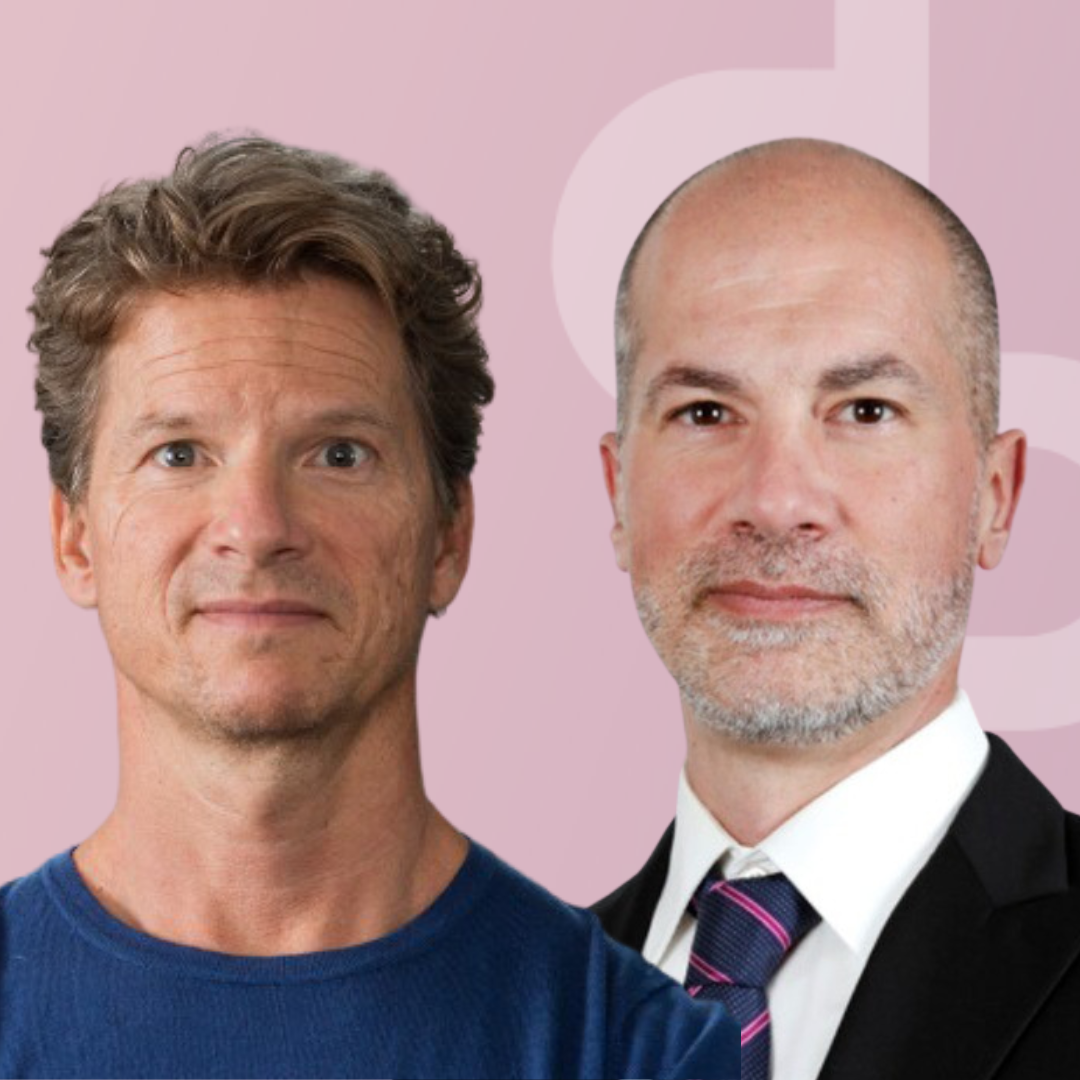
EP #516 - Patrick Pestalozzi & François Capel: How This Biomarker Can Detect Sepsis 3 Days Early
This episode was originally a live conversation which took place at startup days 2025, in Bern. Check out startup days to learn about next year's event!
Click here to order your copy of “Swiss Startups” today.
About Antonia Albert:
Antonia Albert is the principal of Founderful, a pre-seed fund backing Switzerland's best tech entrepreneurs to become global market leaders. She holds a MSc in Strategic Management from the Rotterdam School of Management, and co-founded Careship, a startup providing in-home senior care, back in 2015. She joined Founderful in 2022.
During her chat with Yokoy co-founder and startup investor Melanie Gabriel, Antonia shared some insights into the daily activities of a VC. She highlighted that VC money is not suitable for all cases, and that not all newly-founded businesses qualify as startups. Antonia encouraged founders to make sure at least 1 person in their team is fully dedicated to fundraising, and stressed the importance of talking to investors proactively and making the best use out of international travel.
The cover portrait was edited by www.smartportrait.io.
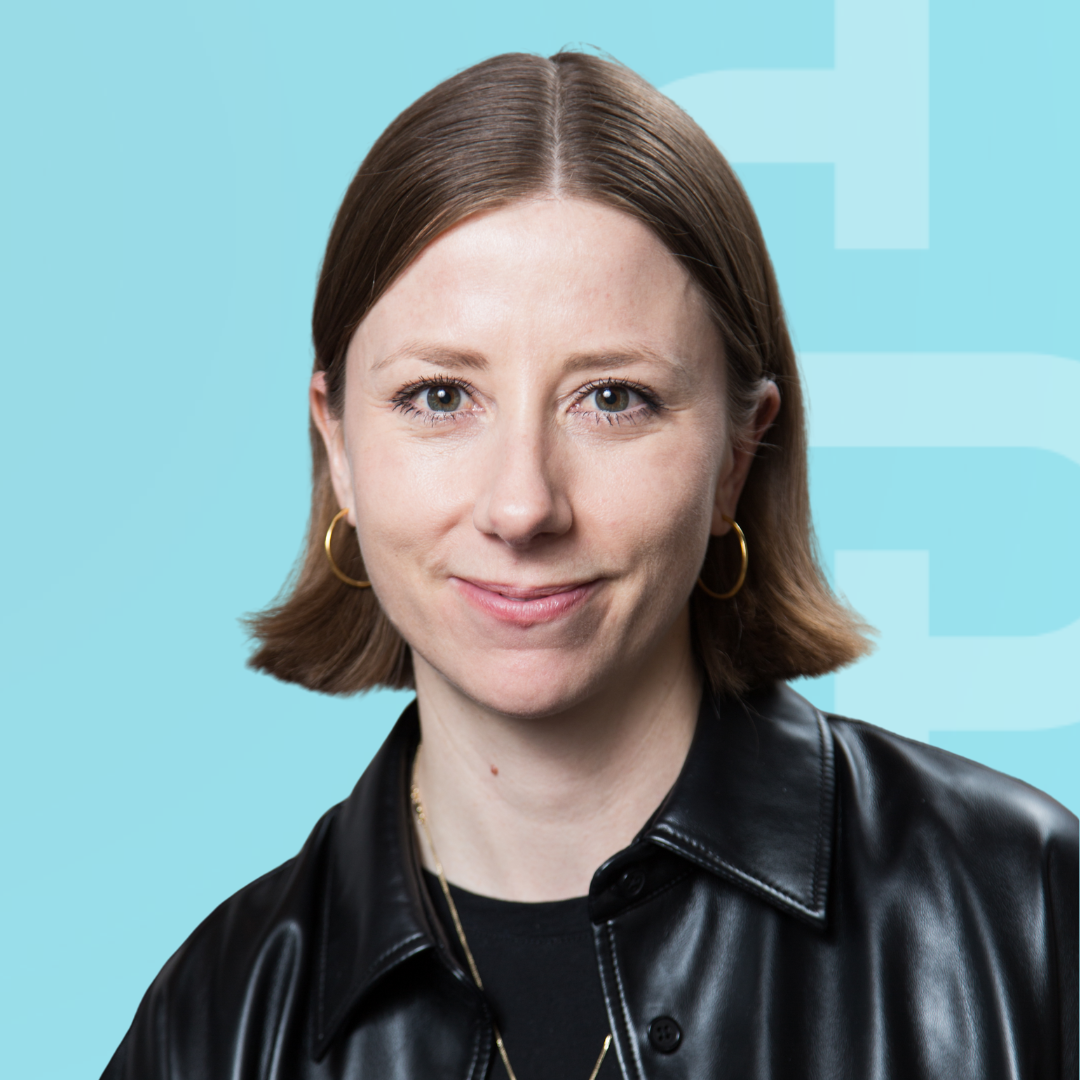
EP #515 - Antonia Albert: What Makes a Startup Attractive to VCs?
This episode was co-produced by SICTIC, the leading angel investor network in Switzerland.
Click here to order your copy of “Swiss Startups” today.
Episode Summary:
Bolko Hohaus is the Founder & CEO of HCP Asset Management, a Geneva-based investment boutique delivering performance-driven and innovative financial solutions. He holds a Ph.D. in Economics from LMU München.
Tomas Sluka is the CEO & Co-Founder of CREAL, a Swiss deep-tech startup pioneering light-field displays for more natural and immersive Augmented Reality experiences. He holds a Ph.D. in Mechatronics Science and Engineering from the Technical University of Liberec.
In their conversation with Silvan, Bolko and Tomas discuss the current challenges in AR, the disruptive potential of CREAL’s technology, and why investing in startups can actually deliver stronger returns than traditional options.
They also share their views on the Swiss startup ecosystem, why more Swiss companies don’t grow into category leaders, and what’s next for CREAL after closing their recent funding round.
The cover portrait was edited by www.smartportrait.io.
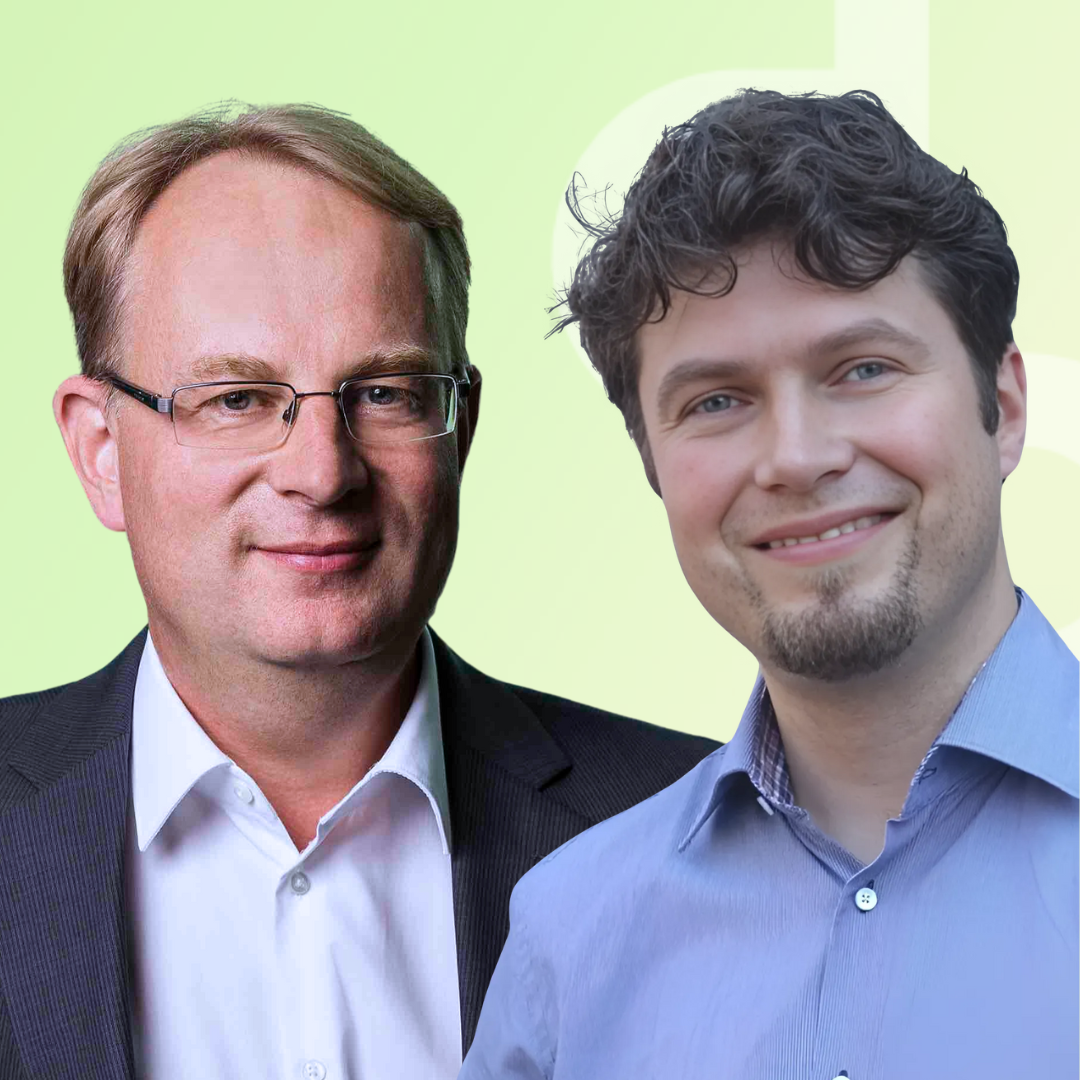
EP #514 - Bolko Hohaus & Tomas Sluka: The Augmented Reality Breakthrough That Could Replace Your Smartphone
This episode was co-produced with SEF.Growth, the Swiss Economic Forum's Growth initiative to support Swiss startups and SMEs with growth plans free of charge.
Click here to order your copy of “Swiss Startups” today.
About Besfort Biljali:
Besfort Biljali is the Co-Founder of Lumvin, a Swiss clean tech company specialising in energy-efficient lighting solutions, and Deputy CEO at Libs Industrielle Berufslehren Schweiz, a leading vocational training organisation in the mechanical engineering sector. He holds an MSc in Finance from the University of Zurich and previously worked in finance and sales — all while competing as a professional handball player.
In his conversation with Silvan, Besfort shared how his background in sports and sales helped him transition into entrepreneurship, and how a chance conversation with a former colleague led to the founding of Lumvin. He also broke down what actually works in Swiss sales — from cold calling to long-term trust-building — and why his “Made in Switzerland” approach reinforces quality and credibility.
Besfort also spoke about the importance of vocational training in Switzerland’s innovation ecosystem, how he balances multiple high-stakes roles using time-blocking and prioritisation, and what it meant for Lumvin to win the 2025 Swiss Economic Award.
The cover portrait was edited by www.smartportrait.io.
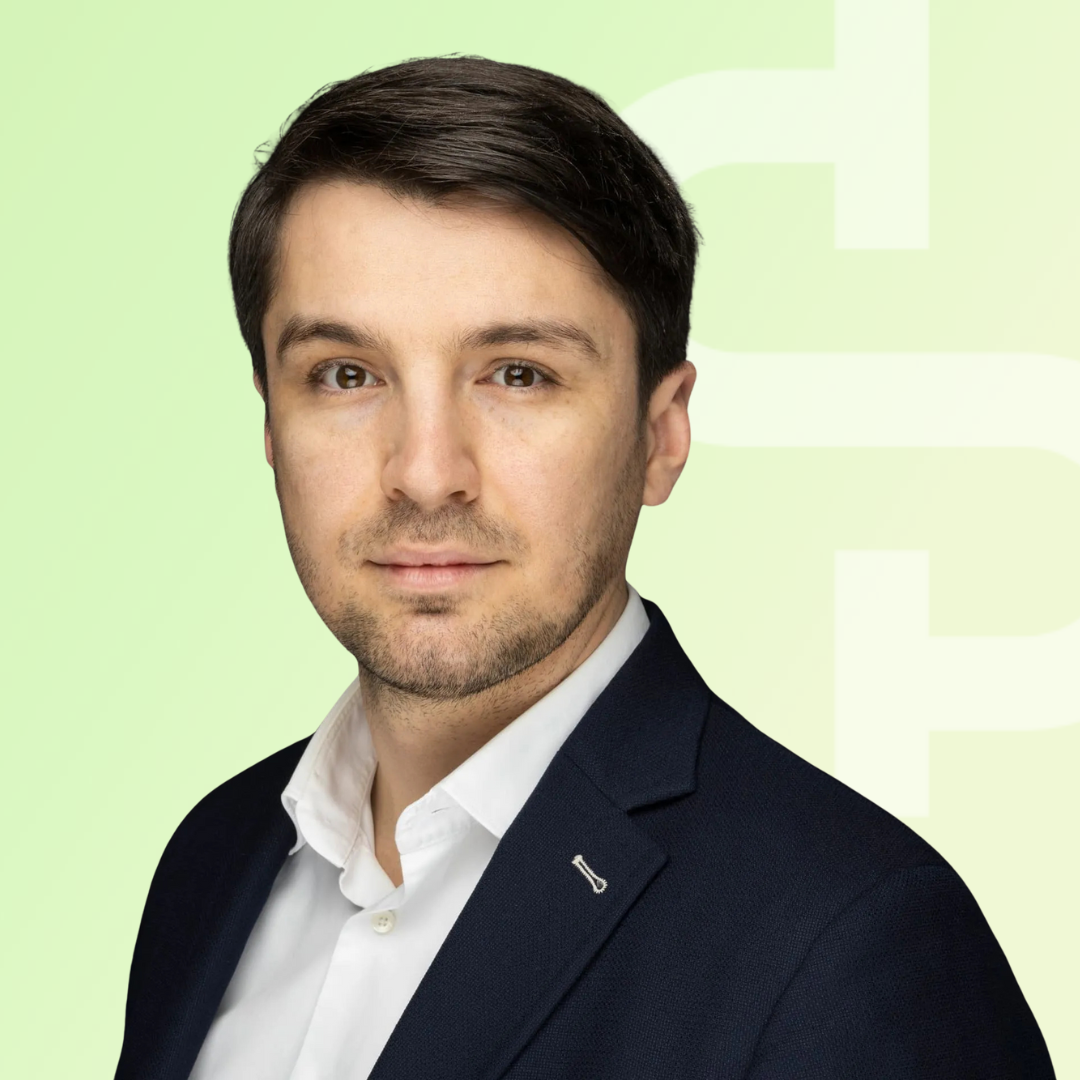
EP #513 - Besfort Biljali: What Really Works in Swiss Sales (and in Greener, Faster, and Cheaper Lighting)
This episode was sponsored by infinity.swiss, Switzerland’s most advanced AI accounting tool. Save 25% by entering code SWISSPRENEUR at checkout.
Click here to order your copy of “Swiss Startups” today.
About Michael Wüst:
Michael Wüst is the founder and CEO of amnis, a company reinventing international payments and collections for SMEs. He holds a BBA in Finance from the University of Applied Sciences of St. Gallen and worked for Würth Finance International B.V. from 2006 to 2012, before founding amnis in 2014.
In his chat with Silvan, Michael discussed the challenges and innovations in the payment solutions sector, particularly for SMEs. He highlighted the gap in services for mid-sized companies, the importance of overcoming legacy banking systems, and the role of AI in enhancing banking processes.
Michael also shared insights on expanding amnis beyond Switzerland, navigating regulatory landscapes, and the significance of strategic partnerships. He elaborated on the company's business model, differentiating factors from competitors, and the challenges of market localization. The conversation concluded with Michael's vision for the future of amnis and the fintech industry.
The cover portrait was edited by www.smartportrait.io.
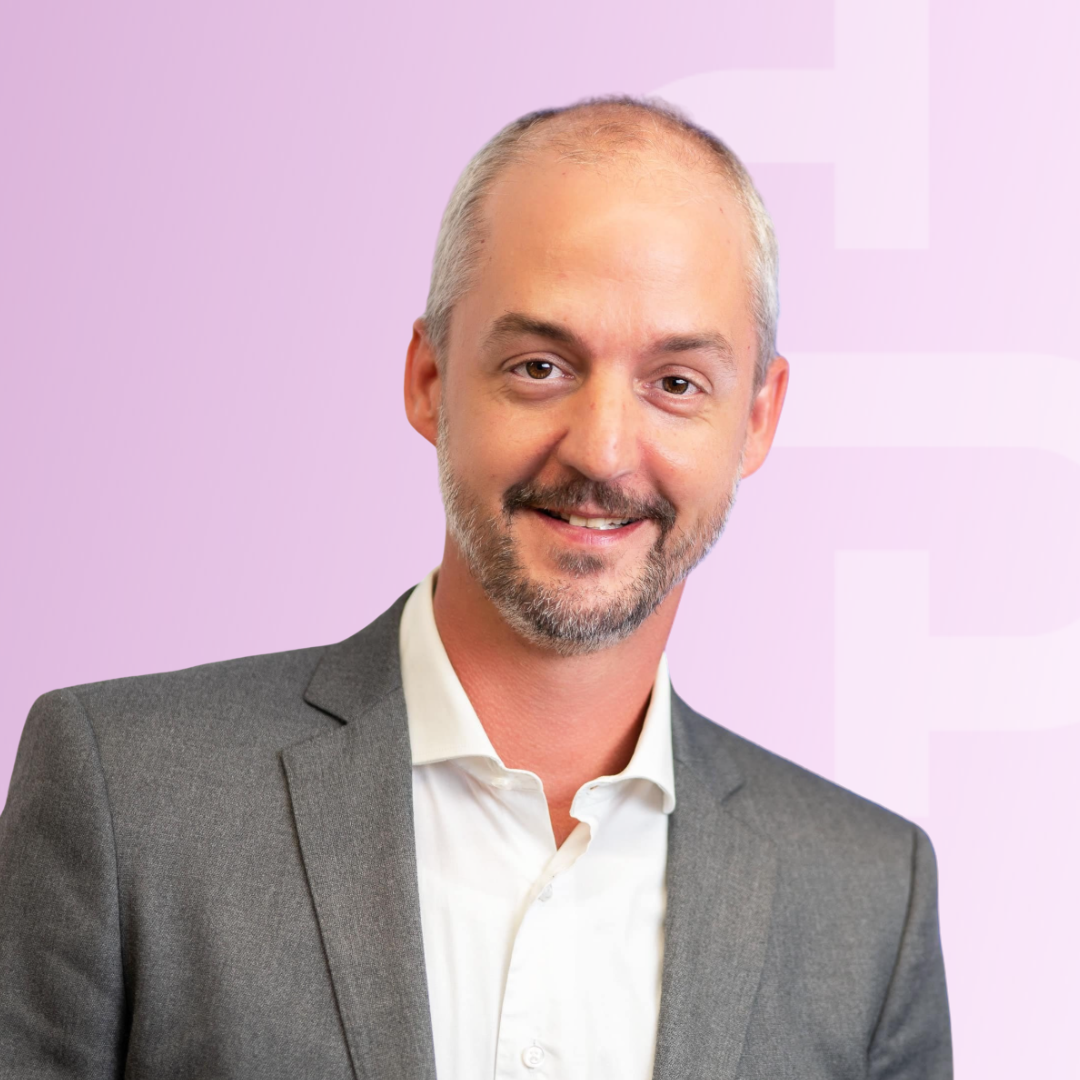
EP #512 - Michael Wüst: Building a Fintech Scaleup for International Payments & Collections
This episode was originally a live webinar co-hosted with Holycode, a software development partner that's helped more than 140 startups scale by providing customized products and teams for every stage.
Click here to order your copy of “Swiss Startups” today.
About Laurent Decrue, Kai Eberhardt & Fredrik Isler:
Laurent Decrue is the co-founder of the moving company MOVU and the software company Holycode, and the former CEO at Bexio. Currently he is active as CFO and co-CEO at Holycode. He holds an MBA from the University of Basel and previously worked at DeinDeal.
Kai Eberhardt is the co-founder and CEO at Oviva, an app which provides personalized advice and individual support for targeted dietary changes. He holds a PhD in Physical Chemistry from ETH and previously worked for McKinsey and Groupon.
Fredrik Isler is the CFO of ANYbotics, a Swiss AI company dedicated to creating the future workforce of autonomous robots. He holds an MA in Accounting and Finance from HSG and worked for companies like Sonova Holding, Interbrand and Zetra International AG before joining ANYbotics in 2018.
During their chat with Silvan, Laurent, Kai and Frederik reflected on the dos and don’ts of raising a Series A round. Firstly, they defined their terms: a Series A round is a fundraising round where you give up a “Class A” of shares, which go “on top of” the common shares. At a Series A stage, founders usually raise 5-20M, and accept a 20-33% dilution range.
Our guests recommended that founders first reflect on how much cash and time their company needs to become profitable, before even raising a pre-seed round. Then, based on this calculation, founders should break the number down into as many rounds as are needed, and carefully plan which milestones will need to be achieved before each round, and set a timeline for these achievements. Frederik recommended that founders space their rounds every 12-24 months.
Coming into a Series A round, it is ideal to both bring along existing investors and also acquire new investors. Being able to bring existing investors into your new round will signal to other potential investors that your company is doing well, since the people who believed in your vision in the previous round still believe it currently. However, not all your existing investors will have the cash for this follow-up round, so you cannot rely on them exclusively. It is also good, in general, to grow your investor pool each time you raise funds. You should make use of your existing investors to get intros to new potential investors.
The cover portrait was edited by www.smartportrait.io.
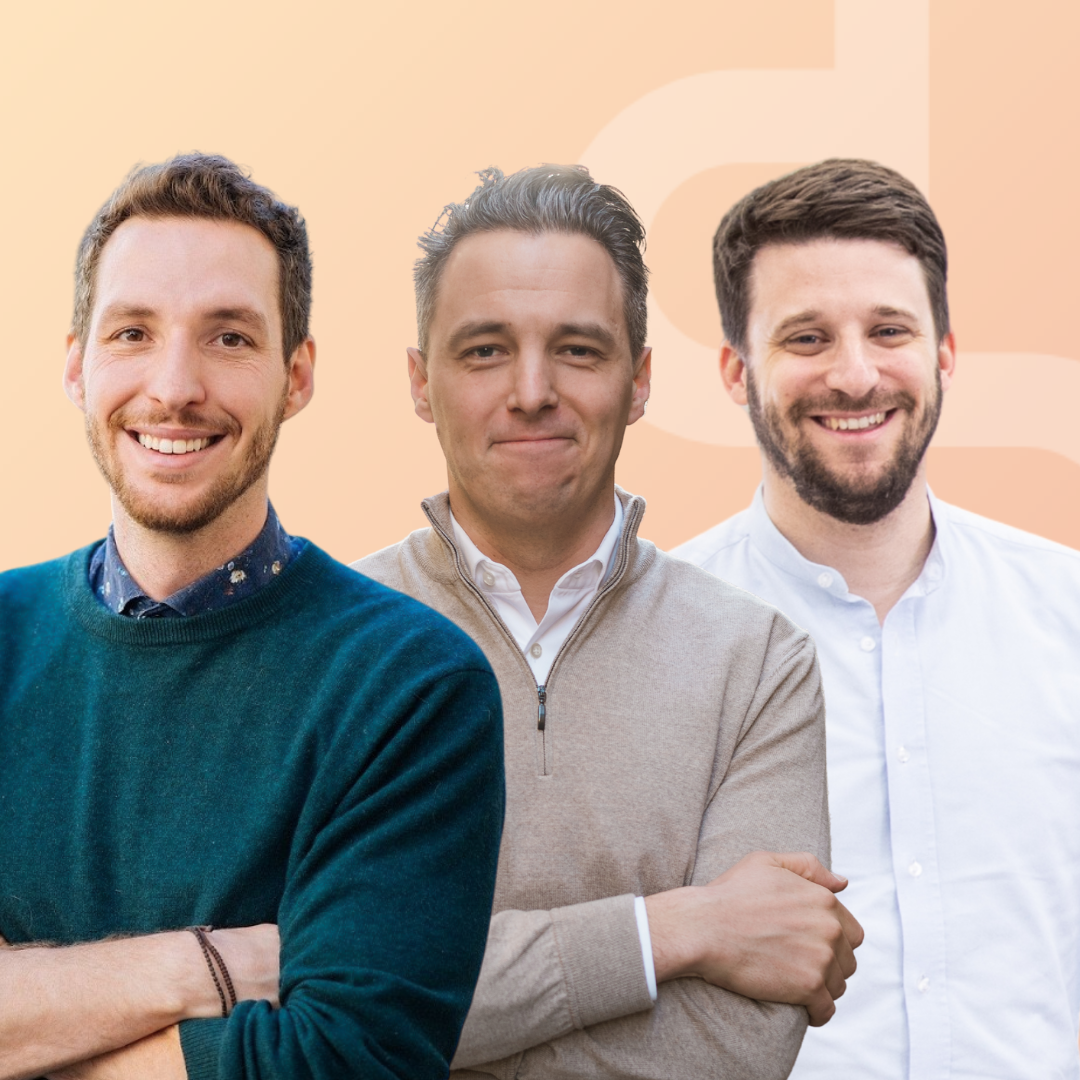
EP #511 - Laurent Decrue, Kai Eberhardt & Fredrik Isler: How Much Should Founders Raise in Series A/B?
This episode was originally a live conversation which took place at startup days 2025, in Bern. Check out startup days to learn about next year's event!
Click here to purchase our book, “Swiss Startups”.
About Levent Künzi:
Levent Künzi is the Co-Founder and CEO of Properti, a technology-driven real estate company modernizing how people buy, sell, and rent homes. He holds a BSc in Business Administration with a focus on Marketing and Business Communication from Kalaidos University of Applied Sciences. Before founding Properti, Levent spent a decade at Betterhomes Real GmbH, where he rose to COO by age 25.
In his conversation with Silvan, Levent unpacked the shift from startup to scaleup, how founders can prioritize the right challenges during periods of growth, and why Properti made the strategic choice to raise exclusively from Swiss investors in its early stages.
Levent also opened up about key tips for early startup founders, such as building a supportive environment, staying flexible and focused, and continuing to push through the hard times.
The cover portrait was edited by www.smartportrait.io.
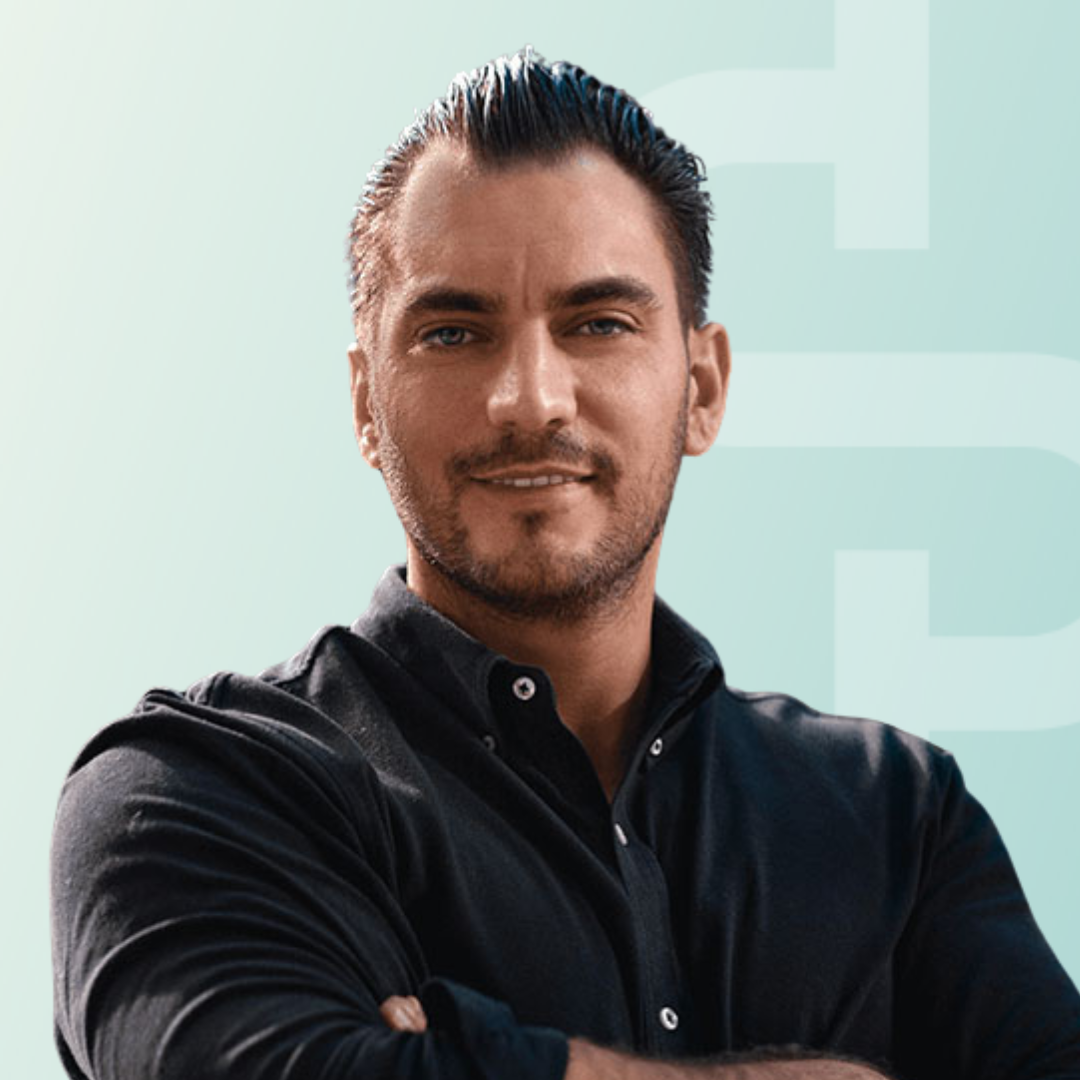
EP #510 - Levent Künzi: When Does a Startup Become a Scaleup?
This episode was co-produced by EO Zürich. Check out their upcoming event, Entrepreneurs Summit 2025.
Subscribe to the Swisspreneur Newsletter to keep up to date with all the newest developments of the Swiss startup scene.
About Stefan Kirchofer:
Stefan Kirchhofer is the Founding Partner of ADROIT Attorneys, and the owner of the Hooters restaurant chain in Switzerland. He holds a Masters of Laws from the University of Bern and has worked for Credit Suisse First Boston, the Zurich District Court and Homburger.
During his chat with us, Stefan delved into the intersection of law and entrepreneurship, exploring the unique challenges and perspectives that lawyers bring to the business world. He discussed the cautious nature of lawyers, the importance of calculated risks, and the essential role of legal professionals in business transactions. The conversation also covered the complexities of legal fees, the necessity of contracts for startups, and the strategic considerations around equity distribution among founders.
Here are some of the main takeaways:
- Shares
- Successful partnerships require commitment from all shareholders, so giving shares away for free is often unwise.
- Founders should avoid giving away shares too early: startups should focus on revenue and growth before equity distribution.
- Small shareholders may not find shares valuable.
- Phantom stock options can be a fair way to engage employees.
- Working with lawyers
- Most lawyers are not trained to be entrepreneurs, and therefore are much more risk-averse. However, this attitude can be a useful counterbalance to entrepreneurial daring, as calculated risks are essential for business success.
- When looking for the best legal team to work with, take into account that a good transactional team includes various specialists, and that smaller law firms can often provide better value.
- When assessing a legal team, consider the importance of fair billing practices, and the clarity and conciseness of essential contracts like shareholder agreements and client contracts.
- Founders should always be cautious about what they commit to. The most obvious aspect of this is that term sheets should be reviewed carefully before signing. It’s also worth noting that legal assessments are crucial when facing lawsuits, and that personal liability can be mitigated with careful documentation.
The cover portrait was edited by www.smartportrait.io.
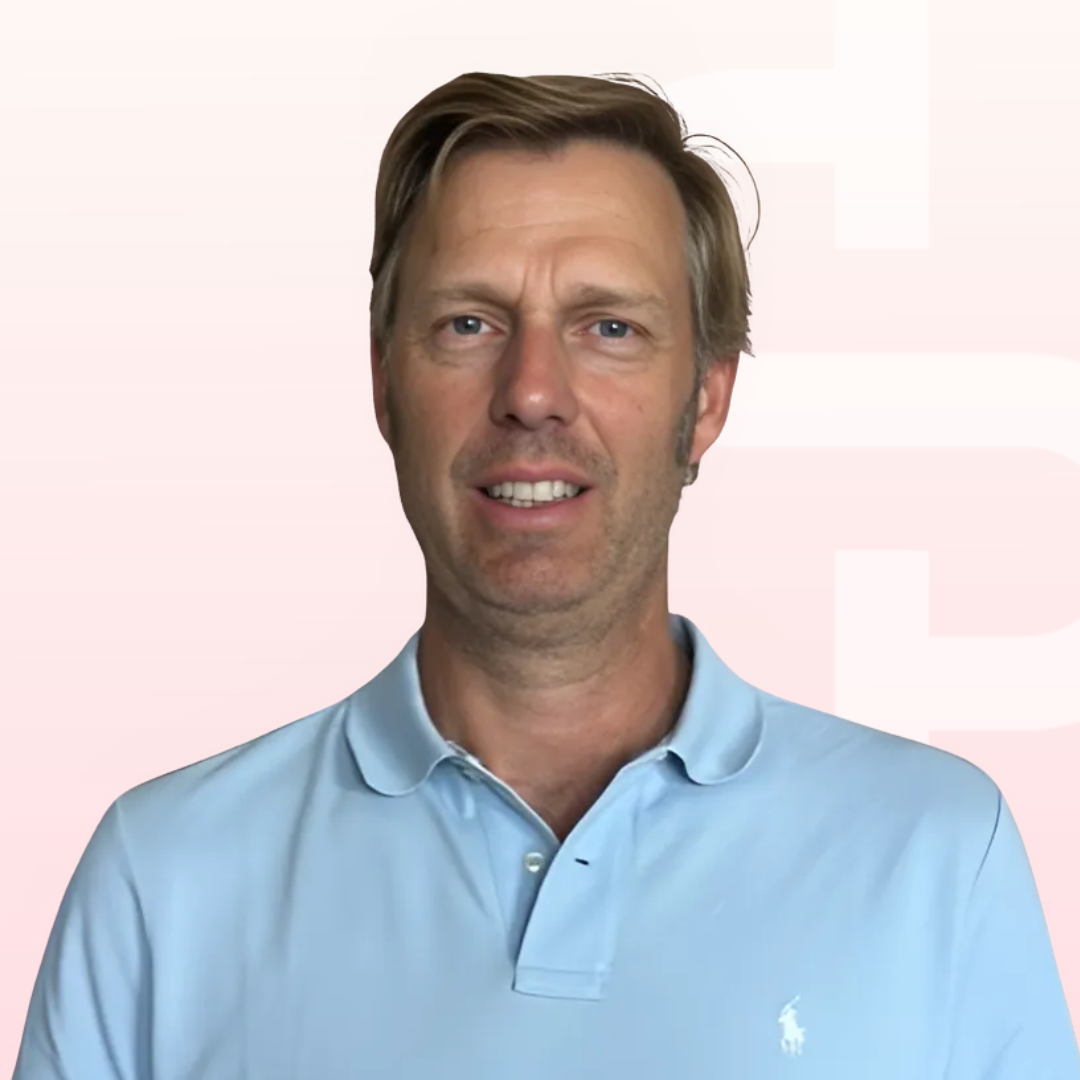
EP #509 - Stefan Kirchhofer: How to Find the Best Lawyer For Your Startup
Click here to order your copy of “Swiss Startups” today.
About Victoria Ransom:
Victoria Ransom is the co-founder of Wildfire, a social marketing software-as-a-service company which was acquired by Google, and of Prisma, a global virtual school (grades 4-12). She holds an MBA from Harvard Business School and worked as a Financial Analyst at Morgan Stanley before co-founding Access Trips, the travel startup that led her to creating Wildfire.
During her chat with Silvan, Victoria reflected back on the values which sustained Wildfire and which drive Prisma nowadays. She highlighted the importance of hiring your first 15-25 employees extremely carefully, as these people will set the tone for future hires. She also emphasized the competitive advantage that a strong company culture can bring, since execution often matters more for success than merely having a great business idea.
Victoria argued that incentives like bonuses should complement but never replace a strong culture, and she encouraged Swiss entrepreneurs to learn from their American counterparts: it never pays off to be too humble.
The cover portrait was edited by www.smartportrait.io.
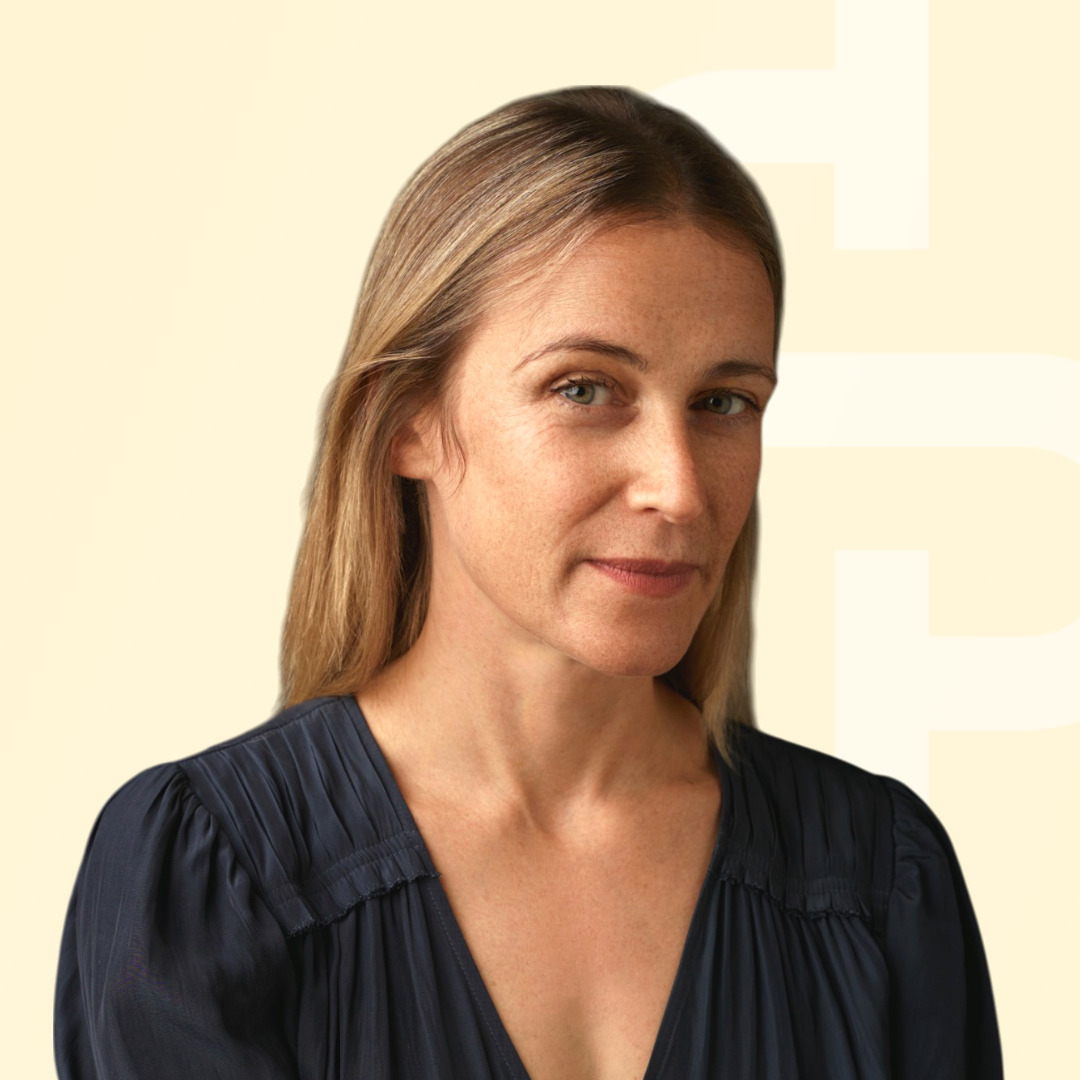
EP #508 - Victoria Ransom: Building a Startup Culture That Lasts
This episode was co-produced with the Deep Tech Nation Switzerland Foundation.
Click here to order your copy of “Swiss Startups” today.
About Laurent Frésard:
Laurent Frésard is a professor of finance at USI and the Swiss Finance Institute, and a pension fund board member, whose research has been published in several leading academic journals. He holds a PhD in Finance from Université de Neuchâtel.
Laurent joined Merle to discuss the topic of investing pension funds in startups through Swiss VC funds. Although most Swiss pension funds are currently invested in bonds, stocks, real estate and cash, 5% of it goes into private equity or private debt. There are, however, some caveats to this type of investment: the investment must be made in entities located in Switzerland, and money cannot be borrowed to increase the size of the investment.
Laurent argues that more Swiss pension fund money should be invested in Swiss startups, in a risk-controlled environment, to help bridge the funding gap for growth-stage Swiss startups. He warns that investment choices must not be network/politically based, but instead driven by neutral market expertise. Laurent and Merle also discussed the possibility of creating a “fund of funds”, meaning a fund of startup investing experts who would invest the money trusted to them by pension fund investors.
The cover portrait was edited by www.smartportrait.io.

EP #507 - Laurent Frésard: Should Swiss VCs Raise Money from Pension Funds?
This episode was sponsored by infinity.swiss, Switzerland’s most advanced AI accounting tool. Save 25% by entering code SWISSPRENEUR at checkout.
Click here to order your copy of “Swiss Startups” today.
About David Haber:
David Haber is the co-founder and CEO at Lakera AI, a real-time GenAI security company. He holds a MEng in Computer Science from Imperial College London and founded Cognitir, a startup providing in-person and on-demand AI education for Fortune 500 companies and world-leading universities, before co-founding Lakera AI in 2021.
Co-founded by former Google, Meta, and aerospace engineers, Lakera’s team combines cutting-edge AI research with real-world expertise in deploying AI systems that can't fail — at the scale of a billion flight hours. Lakera’s mission is to enable enterprises to focus on building the most exciting AI applications securely by protecting them in the world of AI cyber risk.
To accelerate secure adoption of AI, the company created Gandalf, an educational platform where more than one million users have learned about AI security. Lakera uses AI to continuously evolve defenses, so customers can stay ahead of emerging threats.
The cover portrait was edited by www.smartportrait.io.

EP #506 - David Haber: Why Fortune 500 Companies Are Partnering Up with Lakera AI
This episode was co-produced with Innovaud, the innovation and investment promotion agency for the canton of Vaud.
This episode was sponsored by Relai. Get started with Bitcoin by downloading the Relai app today, and profit from 10% less fees by entering code SWISSPRENEUR at checkout.
(Disclaimer: Relai services are exclusively recommended for Swiss and Italian residents.)
About Wiktor Bourée & Charlotte Ducrot:
Wiktor Bourée is the co-founder and CEO of Technis, a software company that centralizes data on a single platform, allowing businesses to make informed decisions with accurate and up-to-date information. He holds a MSc in Chemical and Biomolecular Engineering from ETH and worked for companies like Saint Louis Sucre and BASF before starting Technis in 2015.
Charlotte Ducrot is Head of Scaleups & Growth at Innovaud, the innovation and investment promotion agency for the canton of Vaud. She holds an MA in International Affairs from the Geneva Graduate Institute and worked for companies like Swisscontact and the WEF before joining Innovaud in 2022.
During their chat with Merle, Wiktor and Charlotte discuss the evolution of Technis, a startup that pivoted from analyzing sports surfaces to providing smart flooring solutions for various applications. They explored the challenges and dynamics of making such a significant shift, including team trust, investor relations, and the importance of adaptability in the startup environment. The discussion also highlighted the future aspirations of Technis in the digitalization of physical spaces and the lessons learned from their journey.
The cover portrait was edited by www.smartportrait.io.
.png)
EP #505 - Wiktor Bourée & Charlotte Ducrot: The Pivot that Makes or Breaks Your Startup
This episode was sponsored by Relai. Get started with Bitcoin by downloading the Relai app today, and profit from 10% less fees by entering code SWISSPRENEUR at checkout.
(Disclaimer: Relai services are exclusively recommended for Swiss and Italian residents.)
Über Carsten Maschmeyer:
Carsten Maschmeyer ist ein erfahrener Investor, Unternehmer und TV-Persönlichkeit, bekannt aus der Sendung Die Höhle der Löwen. Als Gründer der Maschmeyer Group investiert er in wachstumsstarke Startups und begleitet Gründerinnen und Gründer auf ihrem unternehmerischen Weg.
In dieser Episode teilt Carsten erprobte Einsichten darüber, was es braucht, um ein Startup erfolgreich zu führen. Von der zentralen Rolle von Empathie in der Führung, über die unverzichtbare Bedeutung von Sales, bis hin zur richtigen Mentalität bei Rückschlägen – Carsten zeigt klar auf, woran junge Unternehmen scheitern oder wachsen.
Er vergleicht das Startup-Ökosystem in den USA mit jenem in Europa und spricht darüber, wie eine globale Denkweise frühzeitig gefördert werden kann. Seine Perspektive ist sowohl für angehende Gründer:innen als auch für erfahrene Führungskräfte inspirierend und praxisnah.

EP #504 - Führen wie ein Löwe, mit Carsten Maschmeyer
This episode was co-produced with the Deep Tech Nation Switzerland Foundation.
Click here to order your copy of “Swiss Startups” today.
About Roland Siegwart:
Roland Siegwart is a professor of Autonomous Systems at ETH Zurich and board member for Sevensense Robotics, NZZ, Komax and Evatec. He has been a visiting scientist at both EPFL and Stanford, and holds a PhD in Mechatronics from ETH Zurich.
During his chat with Silvan, Roland discussed the evolution of ETH Zurich, focusing on its role in fostering startups and innovation. The discussion covered the importance of talent, funding, and the unique environment at ETH that supports research and entrepreneurship.
Roland emphasized the need for a balance between academic rigor and the fast-paced startup mentality, as well as the potential for collaboration between research institutions and the business world.
Silvan and Roland discussed the challenges and opportunities within the startup landscape, emphasizing the need for collaboration between startups and corporates, the significance of purpose-driven entrepreneurship, and the potential for innovation in technology, particularly in robotics.
The cover portrait was edited by www.smartportrait.io.

EP #503 - Roland Siegwart: Why ETH Keeps Churning Out Killer Startups
This episode was co-produced with SEF.Growth, the Swiss Economic Forum's Growth initiative to support Swiss startups and SMEs with growth plans free of charge.
This episode was sponsored by Relai. Get started with Bitcoin by downloading the Relai app today, and profit from 10% less fees by entering code SWISSPRENEUR at checkout.
(Disclaimer: Relai services are exclusively recommended for Swiss and Italian residents.)
About Julian Liniger:
Julian Liniger is the co-founder and CEO of Relai, the world's easiest Bitcoin investing app. He holds an MA in Business Administration from the University of Bern and worked as a junior consultant before starting Relai in 2019.
In his chat with Merle, Julian discussed how Bitcoin serves as a transformative savings technology, and explained Relai’s mission to make it more accessible. He opened up about the challenges of fundraising, including equity negotiations, finding the right investors, and setting valuations based on revenue multiples.
Julian emphasized the importance of building a scalable organization: knowing when to delegate, maintaining operational efficiency, and fostering strong remote team dynamics through regular summits and selective hiring. He also touched on Relai’s global expansion strategy, starting from Switzerland, and on the hurdles of product development as the company grows.
Looking ahead, Julian highlighted Bitcoin education as key to adoption, the impact of regulations on marketing, and Relai’s plans to expand its product offerings. For founders and Bitcoin enthusiasts, this episode offers valuable lessons on startup growth, leadership, and the future of Bitcoin-powered businesses.
The cover portrait was edited by www.smartportrait.io.

EP #502 - Julian Liniger: How Relai Became One of the Fastest Growing Startups in Europe
About Maria de Bettencourt Tavares:
Maria de Bettencourt Tavares is the founder and CEO of Loonawell, a startup creating human-grade healthy food for dogs. She holds a PhD in Biomedical Sciences from Lisbon Medical School and an MBA from Escuela de Negocios de la Cámara de Comercio de Sevilla. She worked for FISEVI, DSM Nutritional Products and Givaudan before starting Loonawell in 2020.
Maria was driven to start a pet food brand by the harrowing statistics that she discovered: according to peer-reviewed research, 25% of dogs will die of cancer, and 50% of dogs past the age of 10 will die of cancer as well. This is mostly due to the extremely poor nutrition they receive. Most pet food that can be found in supermarkets consists of one main ingredient: “meat meal” or “fish meal”. Meat meal is the legal term used to name all the derivatives of meat processing, i.e., whatever is left after the human-grade cuts have been extracted. This can be bones, hooves, or hair.
80% of pet owners buy pet food based on how it smells (for them, not the pet), which is why pet food companies add all sorts of artificial aromas. The pets, unfortunately, are unable to complain, and so eat themselves to an early death. Loonawell, on the contrary, uses only organic, natural ingredients, with no added preservatives, to develop chef- and vet-approved recipes that will give pets a long and healthy life. Although their products are fit for human consumption, they are legally prevented from advertising them as such. Loonawell is the first and only pet food in the world to be certified with the Swiss Vitamin Institute Label.
Resources Mentioned:
Silence: the Power of Quiet in a World Full of Noise, by Thich Nhat Hahn
The cover portrait was edited by www.smartportrait.io.

EP #501 - Maria de Bettencourt Tavares: Why Supermarket Pet Food is Poisoning Your Pets
This episode was sponsored by Google Cloud. Join their Founder's Story event on June 24th to hear directly from blockchain startup founders about their journeys of innovation, disruption, and resilience, and discover how they are redefining industries with decentralized technology.
Get started with Bitcoin by downloading the Relai app today. Click here to profit from 10% less fees by entering code SWISSPRENEUR at checkout.
(Disclaimer: Relai services are exclusively recommended for Swiss and Italian residents.)
About Silvan Krähenbühl:
Silvan Krähenbühl is the host and managing director of Swisspreneur and the founder and CEO of DELOS Analytica, a B2B SaaS company transforming how businesses manage their relevant issues and navigate complex political landscapes. He previously co-founded and sold Gymhopper, and was the CEO of Rentouch, which he later also sold. He holds a BA in Business Administration from the University of St Gallen.
On our 500th episode, hosts Silvan and Merle looked back on 9 years of Swisspreneur history. They started off by recalling the founding of Swisspreneur by serial entrepreneurs Alain Chuard and Christian Hirsig in 2016: after selling his company, Wildfire, to Google, Alain felt the need to give back to the Swiss startup ecosystem and encourage Swiss people to pursue entrepreneurial careers, so together with Chris he conducted a series of video interviews with some of the major Swiss startup founders at the time — and so Swisspreneur was born!
In 2018, Christian asked Silvan to replace him as the host of Swisspreneur. Though he was initially daunted by the task, Silvan said yes, and together with Alain decided to switch the podcast to audio-only format, to make the best out of the budget available. From there the core team was formed organically: Dominique, our head of community, had already worked for Swisspreneur even before Silvan; Lars, head of marketing, was Silvan’s roommate at the time; and Cecília and Björn had previously worked with Silvan at Gymhopper.
In 2018 was also the year when Silvan organized the first founders dinner. He noticed that the ecosystem was growing, but that people rarely spoke to each other, except at events — so he decided to invite roughly 15 startup founders to host a small dinner, and the evening was so successful that the guests asked him when the next dinner would take place. Swisspreneur has since hosted countless of these dinners, and nowadays hosts 3 additional Scaleup Events per year: the Scaleup Slopes, in Laax, the Scaleup Cruise in Lausanne, and the Scaleup Cruise in Zurich. Swisspreneur also has a slack community of founders and investors with over 700 members.
In 2021, on a sunny rooftop in Lisbon, the team first discussed the idea of a Swisspreneur syndicate. The project was immediately successful, and nowadays the syndicate team has 5 members, its portfolio counts almost 40 investments, and its investor base is one of the largest in Switzerland. It relies on Leva as a trusted partner.
Last but not least: Swisspreneur published a book in 2025! "Swiss Startups" is a compact view of some of the most amazing startup journeys in Switzerland, from scrappy beginnings to world domination. It was written by Silvan and our content creator Helena.
As for the future, we have many ideas jumping around in our heads. Let’s see which ones become reality…
The cover portrait was edited by www.smartportrait.io.
Resources Mentioned:

EP #500 - How Swisspreneur Became Switzerland’s #1 Business Podcast
Get started with Bitcoin by downloading the Relai app today. Click here to profit from 10% less fees by entering code SWISSPRENEUR at checkout.
(Disclaimer: Relai services are exclusively recommended for Swiss and Italian residents.)
This episode was sponsored by Google Cloud. Join their Founder's Story event on June 24th to hear directly from blockchain startup founders about their journeys of innovation, disruption, and resilience, and discover how they are redefining industries with decentralized technology.
About Fatemeh Nikayin and Thomas Müller:
Fatemeh Nikayin and Thomas Müller are the co-founders of Rivero, a Swiss startup redefining how banks manage payment operations. Rivero provides the first and only SaaS solution for fraud recovery and dispute management, and has scaled to serve major banks across Europe.
Before founding Rivero, Fatemeh held consulting roles in the payment space and earned a PhD in Technology, Policy and Management from the Delft University of Technology, in the Netherlands. Thomas previously served as CISO of a major credit card issuer and has a background in cybersecurity. Together, they bootstrapped Rivero to profitability before raising their Series A in 2024.
Rivero’s products – Caio and Amico – are built to streamline compliance and fraud handling, allowing banks to operate more efficiently while maintaining high trust. Their vision? Go global and become the operating standard in payments.
The cover portrait was edited by www.smartportrait.io.

EP #499 - Fatemeh Nikayin & Thomas Müller: How to Sell SaaS to Banks
DISCLAIMER: This episode was recorded several months ago, and since then Philipp has left his role at Univerbal. We nonetheless thought the episode was still worth sharing, as it is a great startup story about building an AI language tutor and making it to YC. We hope you enjoy the content!
Get started with Bitcoin by downloading the Relai app today. Click here to profit from 10% less fees by entering code SWISSPRENEUR at checkout.
(Relai services are exclusively recommended for Swiss and Italian residents.)
This episode was sponsored by infinity.swiss, Switzerland’s most advanced AI accounting tool. Save 25% by entering code SWISSPRENEUR at checkout.
About Philipp Hadjimina:
Philipp Hadjimina is the co-founder and former CEO of Univerbal, an AI tutor for language learning and conversation. He holds a MSc in Management, Technology, and Economics from ETH, which he completed in 2022, after which he co-founded Univerbal (then named Quazel).
Univerbal empowers language learners to practice new languages by talking with an AI Agent about anything they want in a completely unscripted way. Their product allows specific analysis of the individual learning stage, and can thereby offer tailored feedback and customized suggestions for improvement. Univerbal aims to position itself between traditional language learning apps like Duolingo and Babbel and online tutoring services like Preply and iTalki — retaining the personalized experience of tutoring, but making it as affordable and accessible as a traditional language learning app.
Univerbal has raised a total of $2M in funding over 2 rounds, and got into Y Combinator in 2022 (their launch year).
The cover portrait was edited by www.smartportrait.io.

EP #498 - Philipp Hadjimina: Reaching Language Fluency with an AI Tutor
This episode was co-produced with the Deep Tech Nation Switzerland Foundation.
Get started with Bitcoin by downloading the Relai app today. Click here to profit from 10% less fees by entering code SWISSPRENEUR at checkout.
(Disclaimer: Relai services are exclusively recommended for Swiss and Italian residents.)
About Nicolas Autret:
Nicolas Autret is a partner at Walden Catalyst Ventures, a venture capital firm helping early stage companies in the US, Europe, and Israel build the next generation of category-defining businesses in deep tech. He holds an MBA from INSEAD and was previously a partner at Sofinnova Partners, 360 Capital and Samsung Catalyst Fund before joining Walden Catalyst in 2021.
During his chat with Merle, Nicolas explained why he thinks the Swiss ecosystem should not try to replicate the Silicon Valley phenomenon. According to Nicolas, Silicon Valley is a unique ecosystem that’s been around for 60 years, which resulted from a unique recipe for collaboration between academia, investors, entrepreneurs and large corporates. It took decades to mature, first through government funding and then later largely through private funding.
The success of Silicon Valley ought to inspire us, says Nicolas, and of course best practices can be derived from it, but we should not try to replicate the exact same phenomenon in Switzerland — a very different country with its unique set of circumstances. Switzerland benefits from excellent universities and is quite strong in terms of deep tech, but it is still maturing as an ecosystem, as are other European startup hubs. Our culture of high performance and high precision differentiates us from the Americans and their “break things” mentality, but this is not necessarily a bad thing. Each mindset has its own individual perks.
Nowadays, Nicolas is excited about Swiss companies like Scandit, ANYbotics, Ecorobotix and SOPHiA GENETICS. He thinks one major key to accelerating the maturation of the Swiss startup ecosystem (and other European ecosystems) is to allow for more late stage funding.
The cover portrait was edited by www.smartportrait.io.



